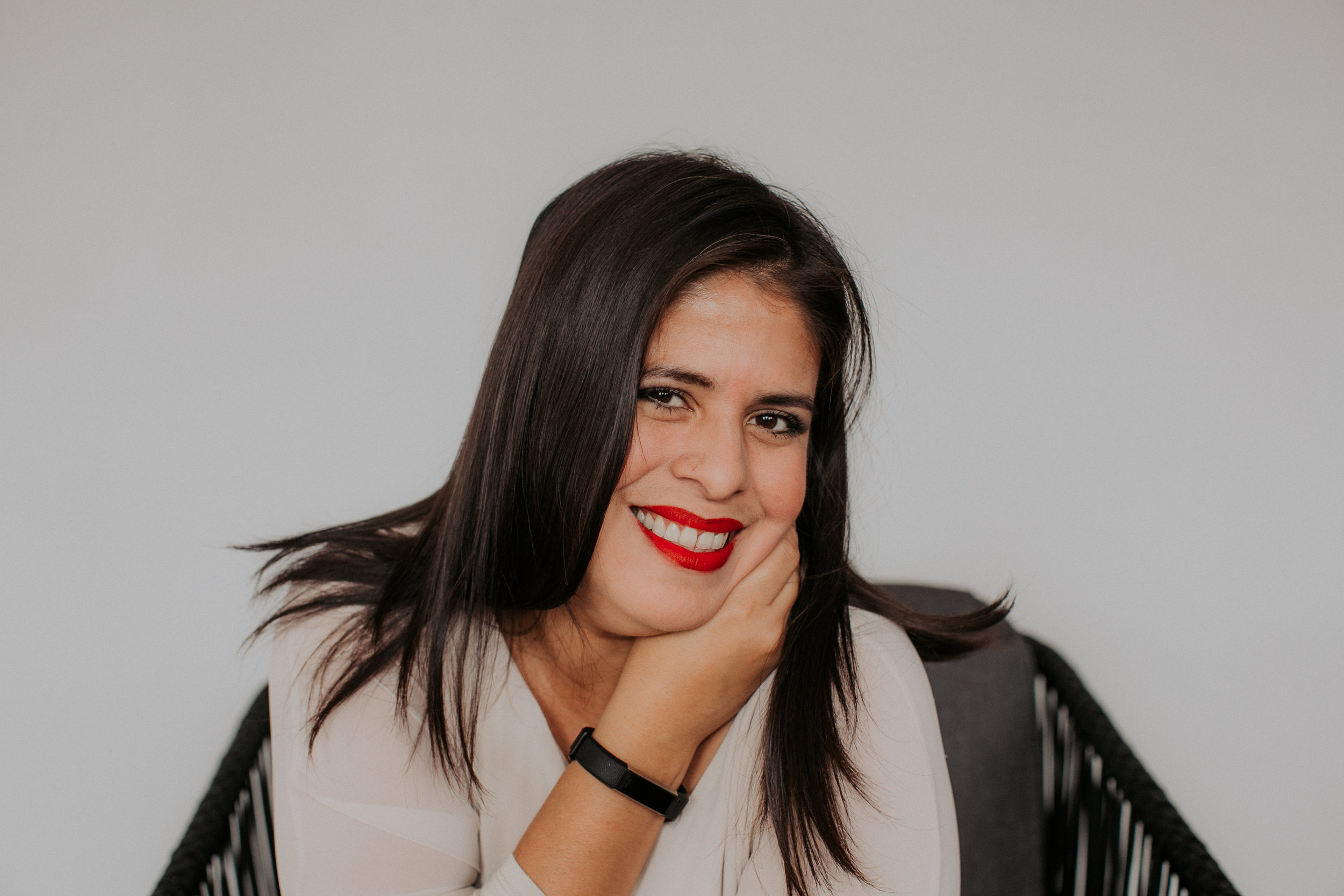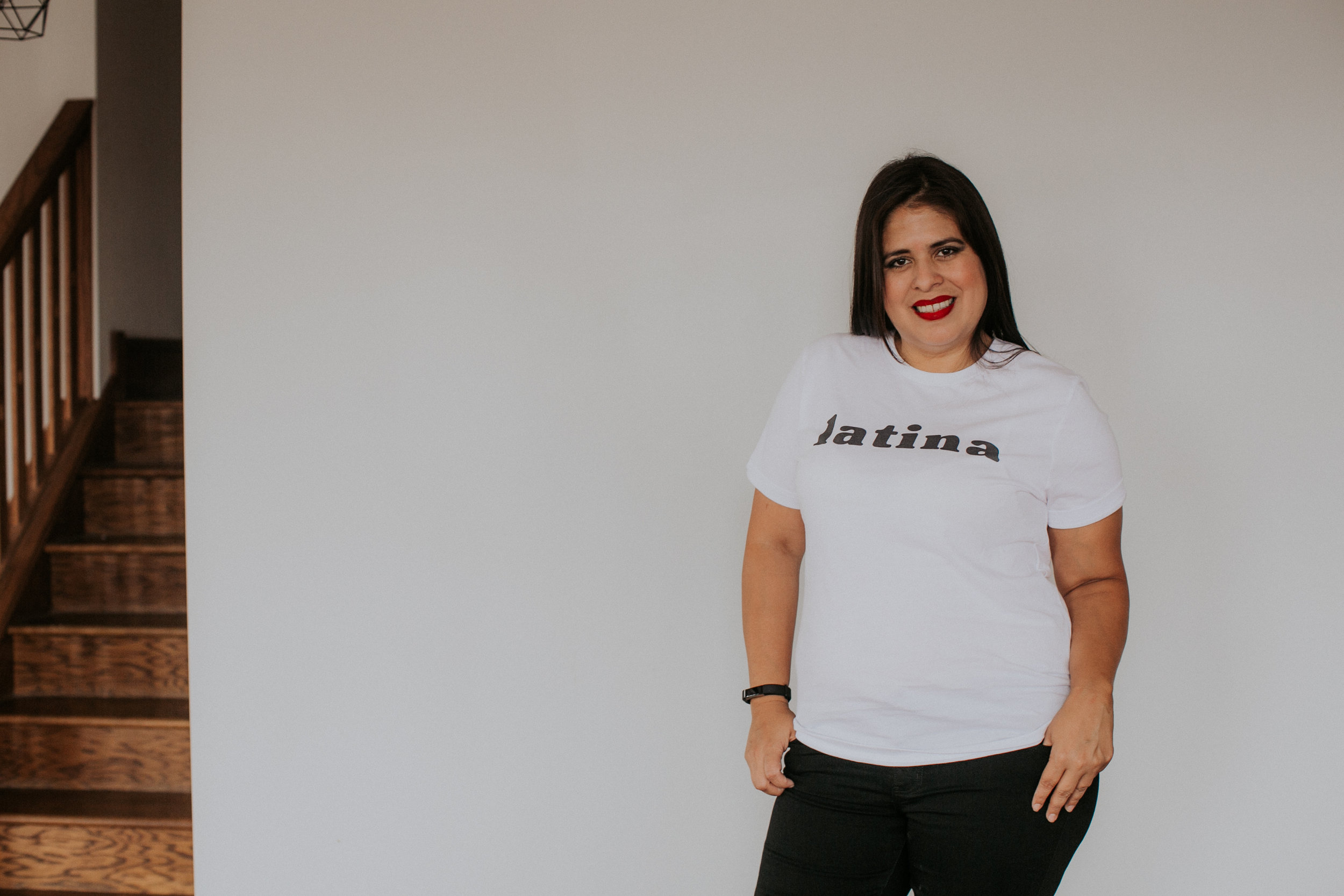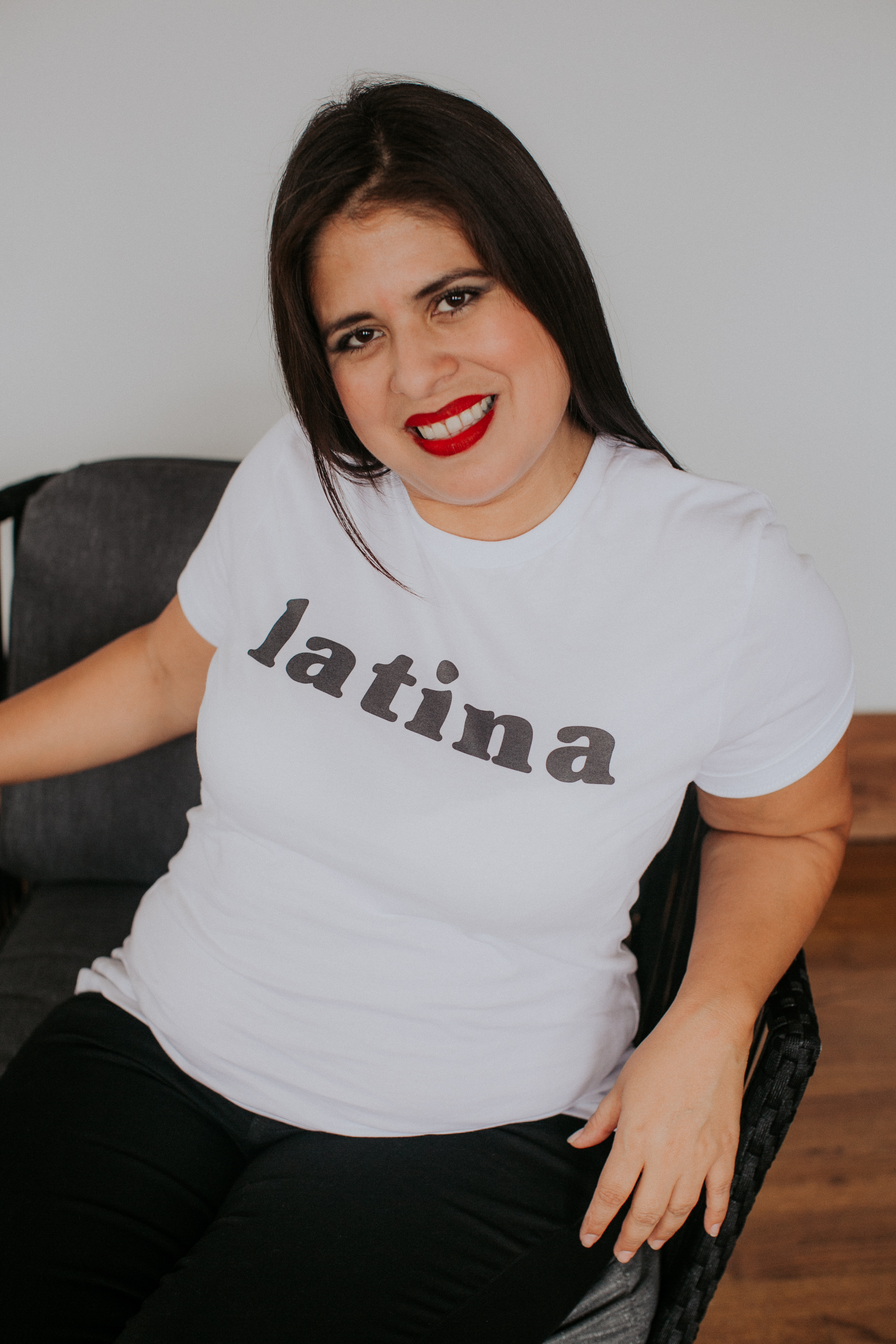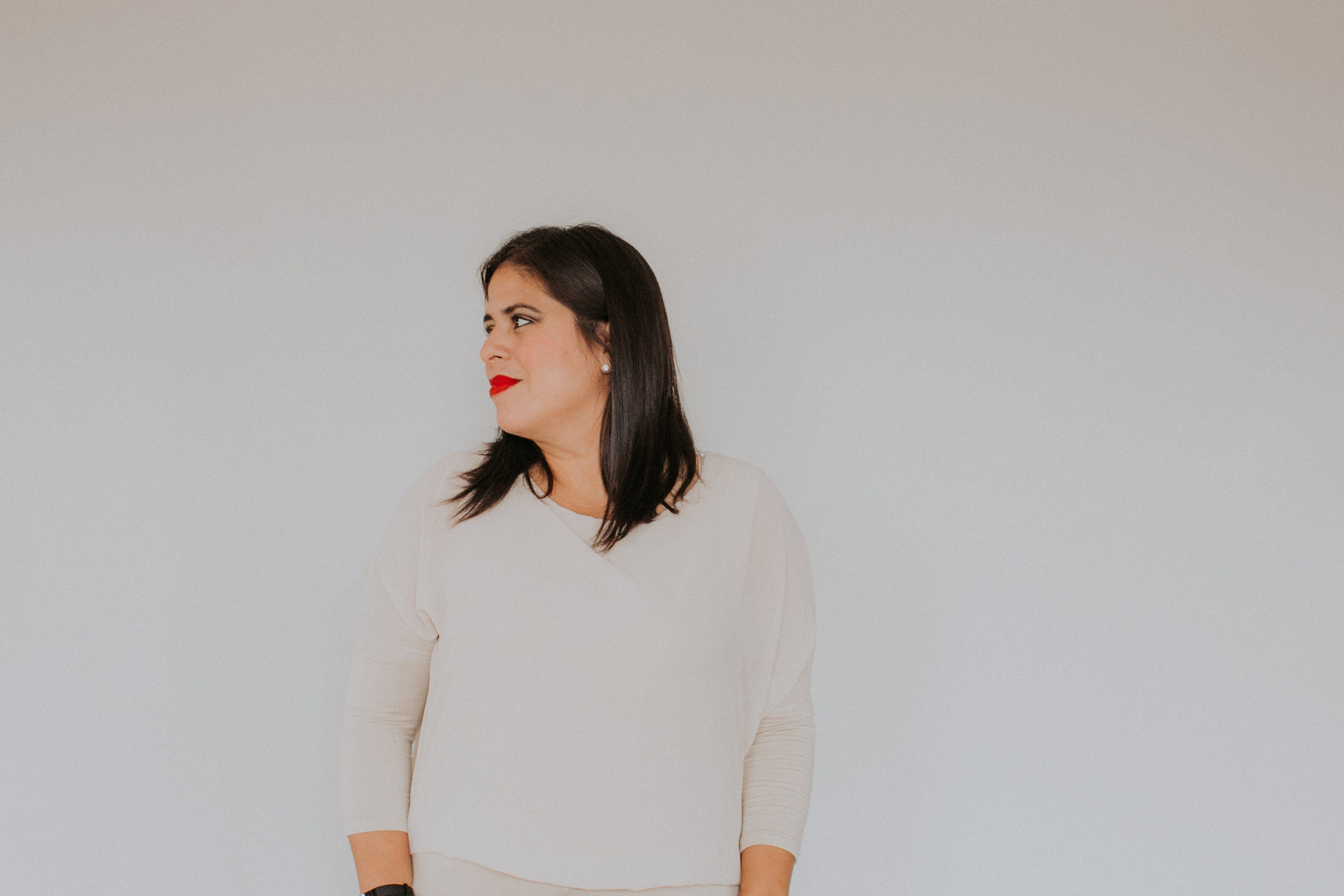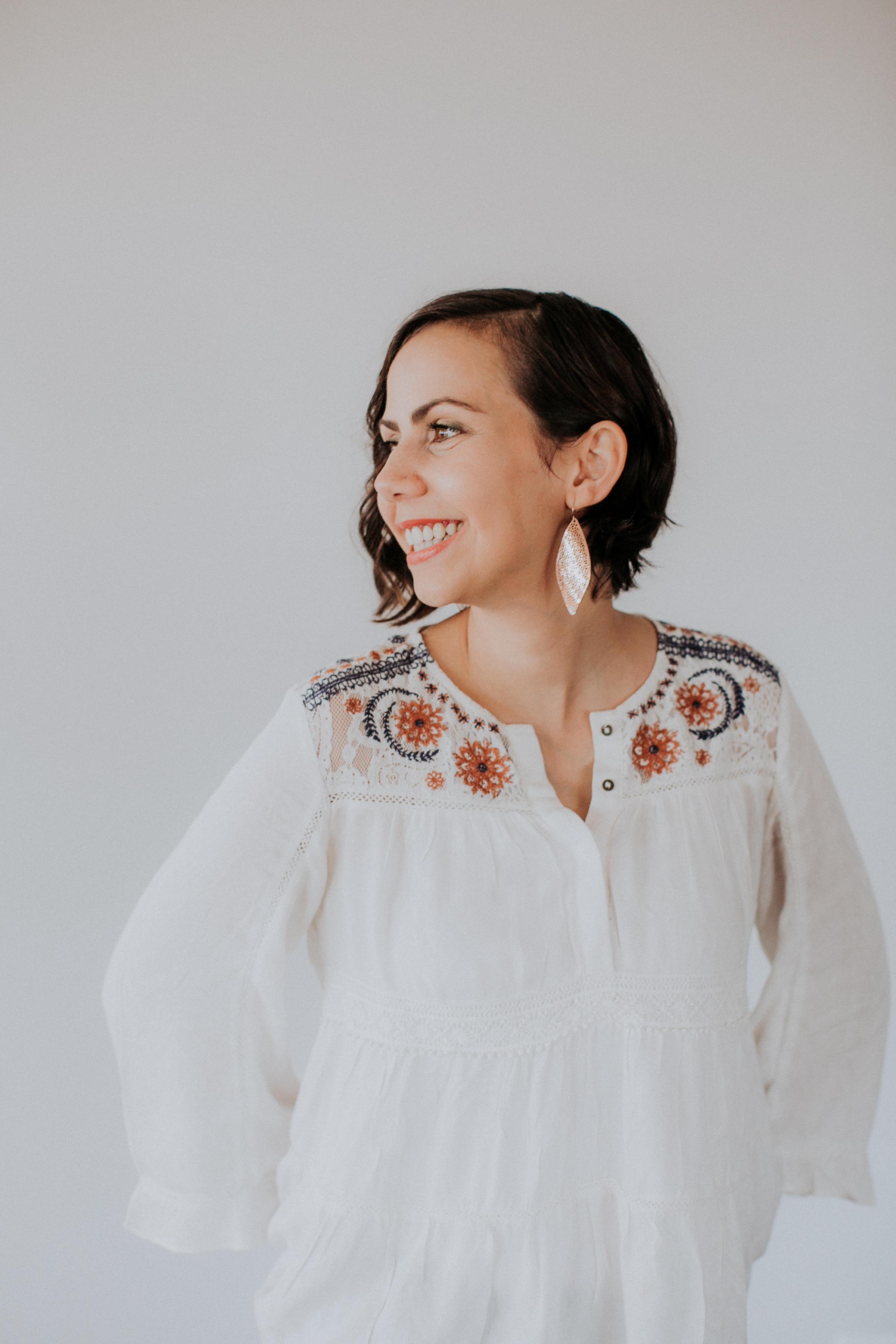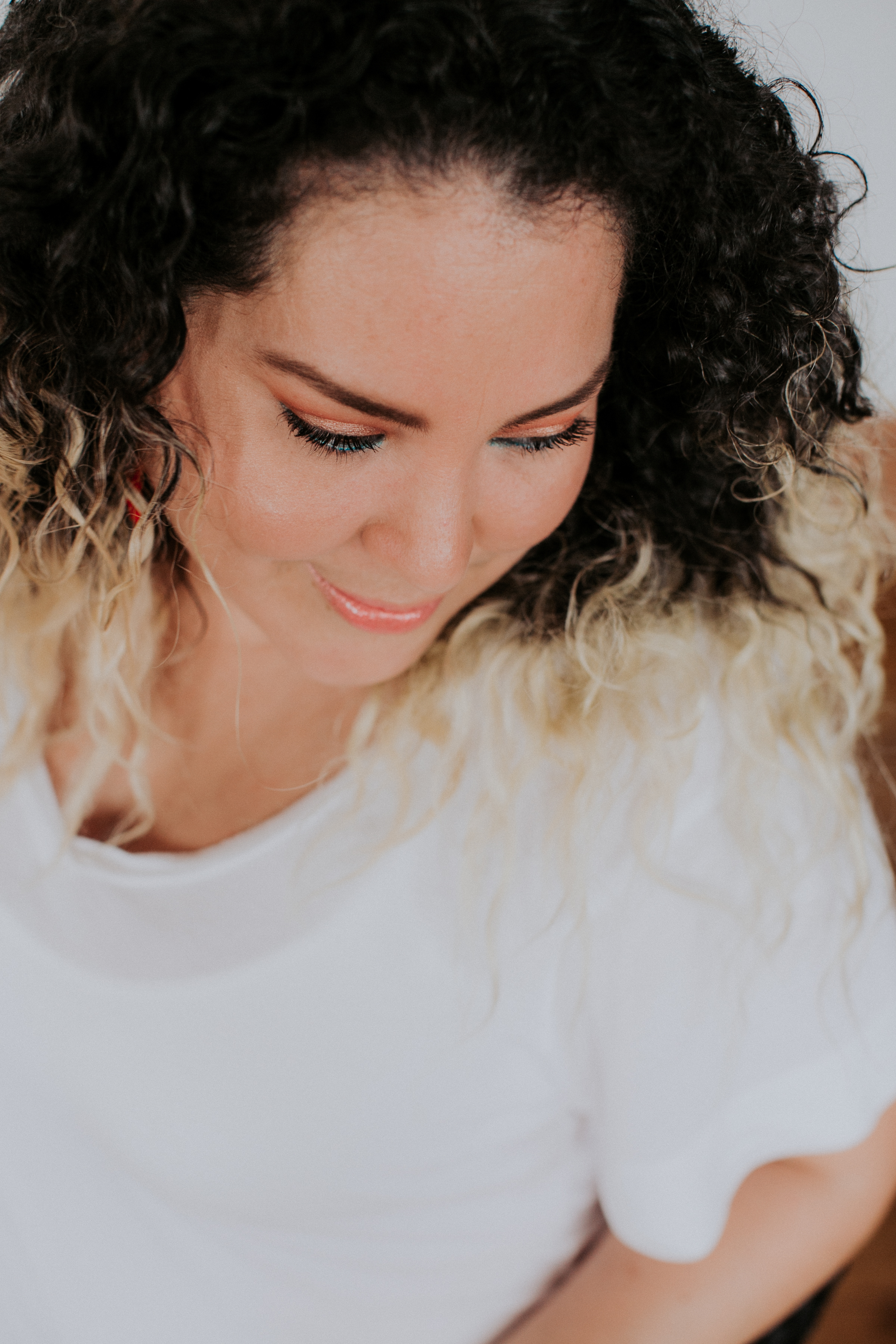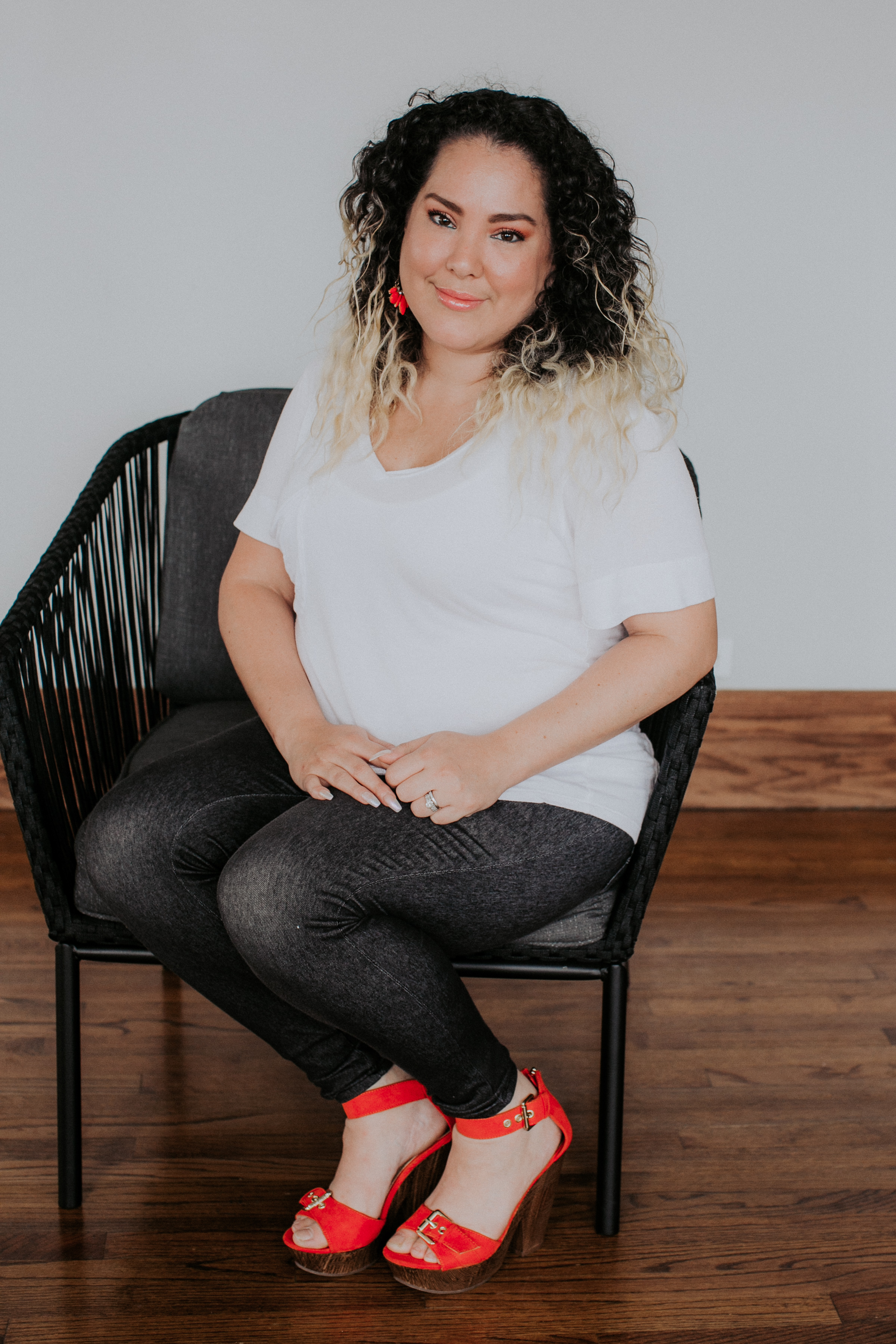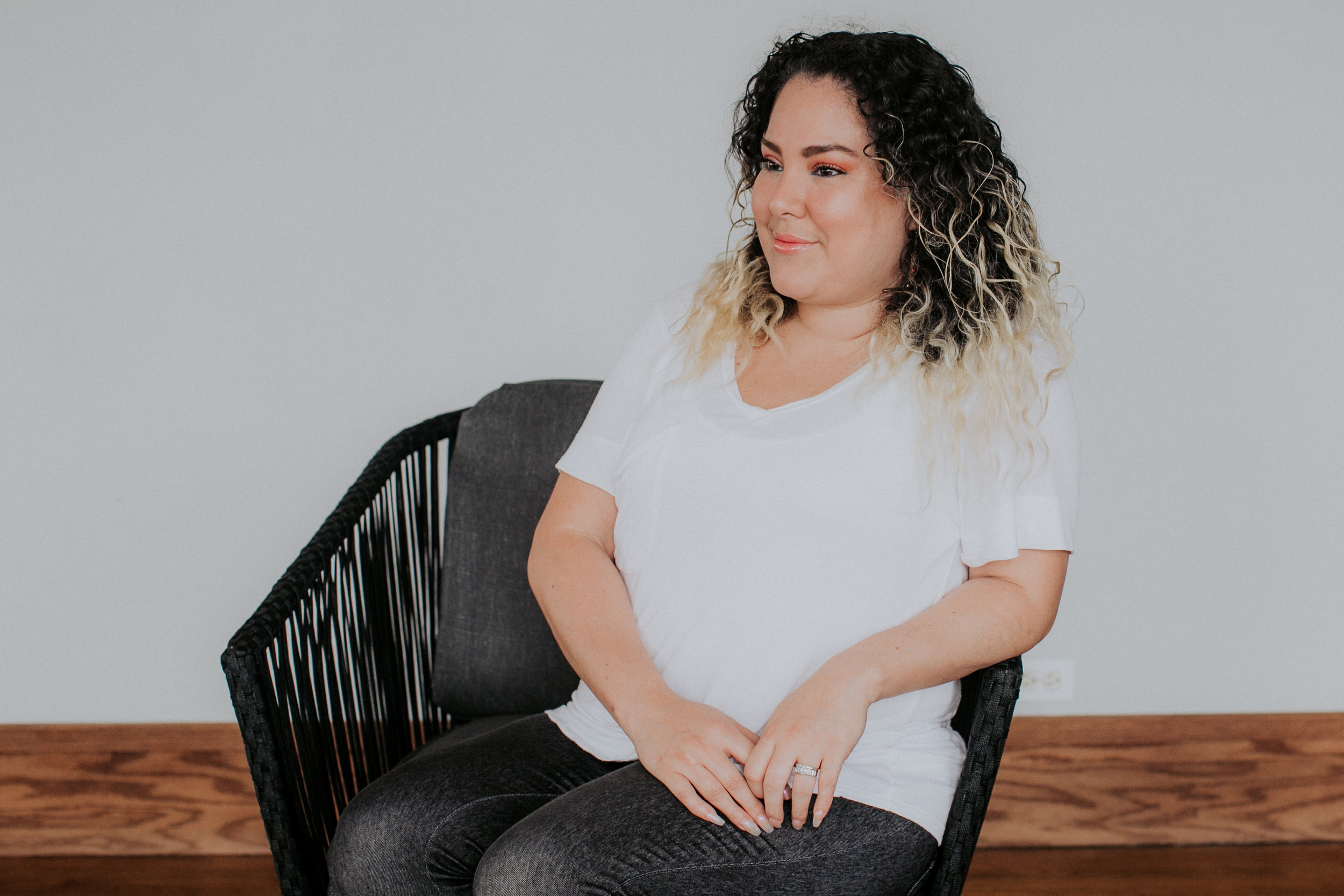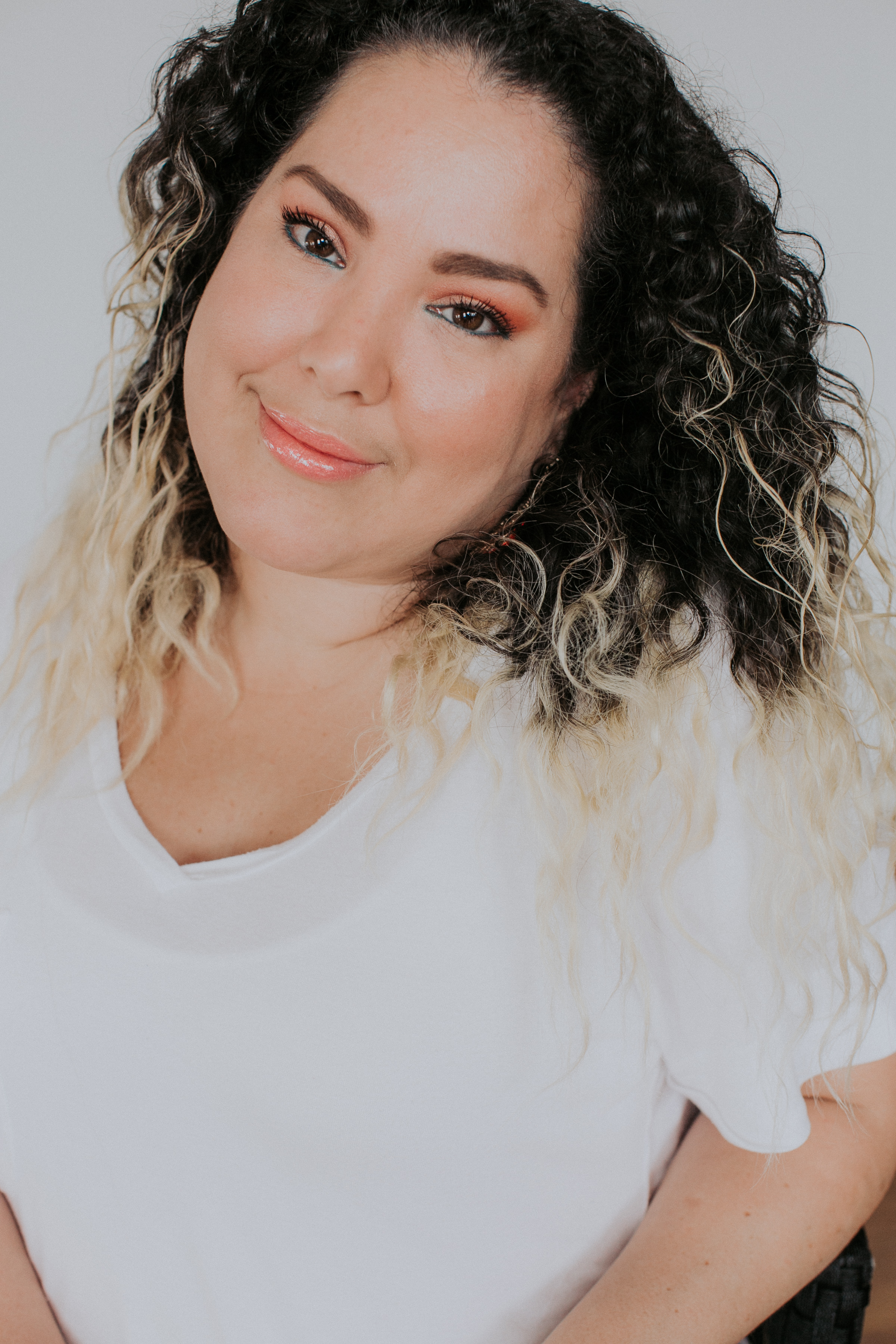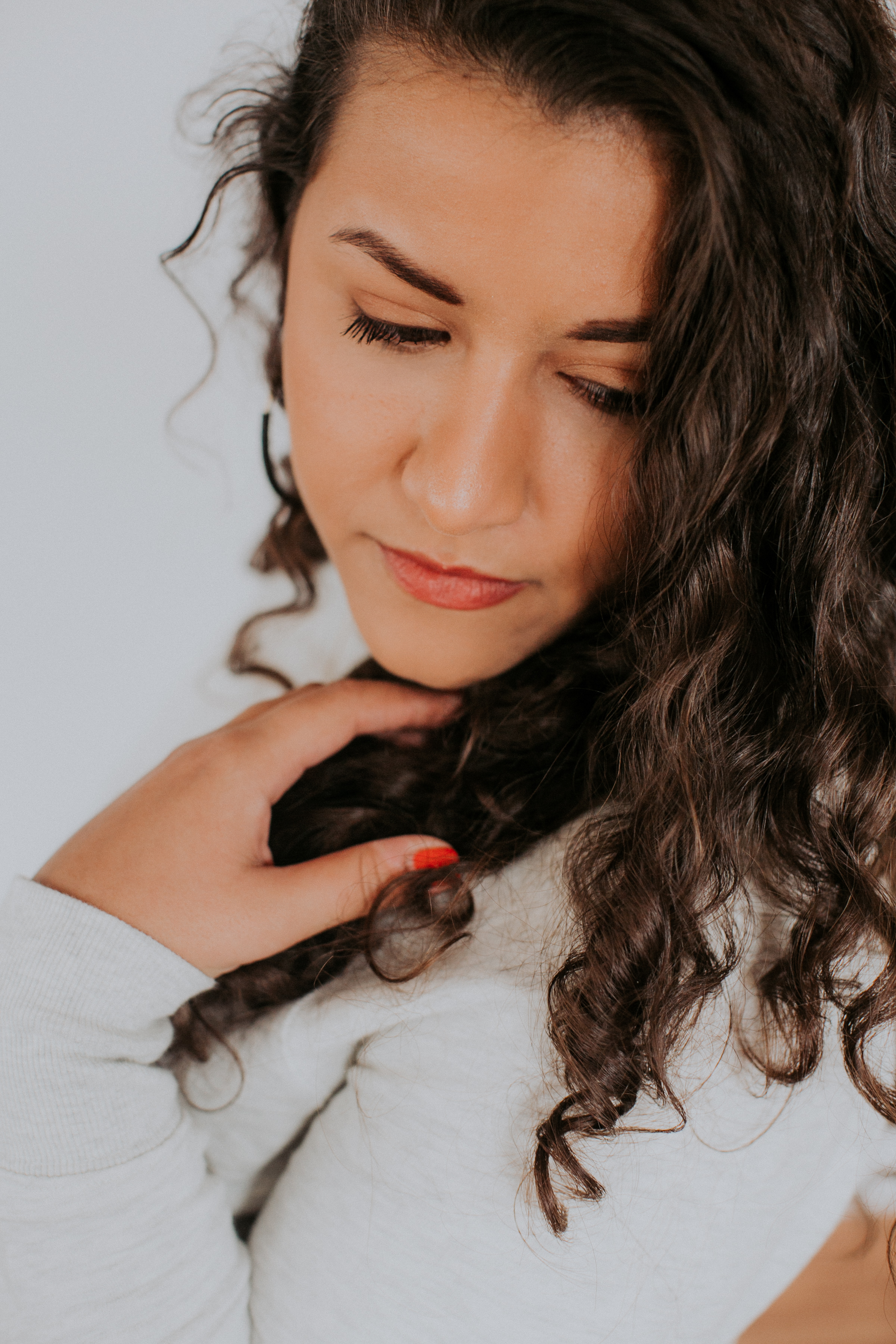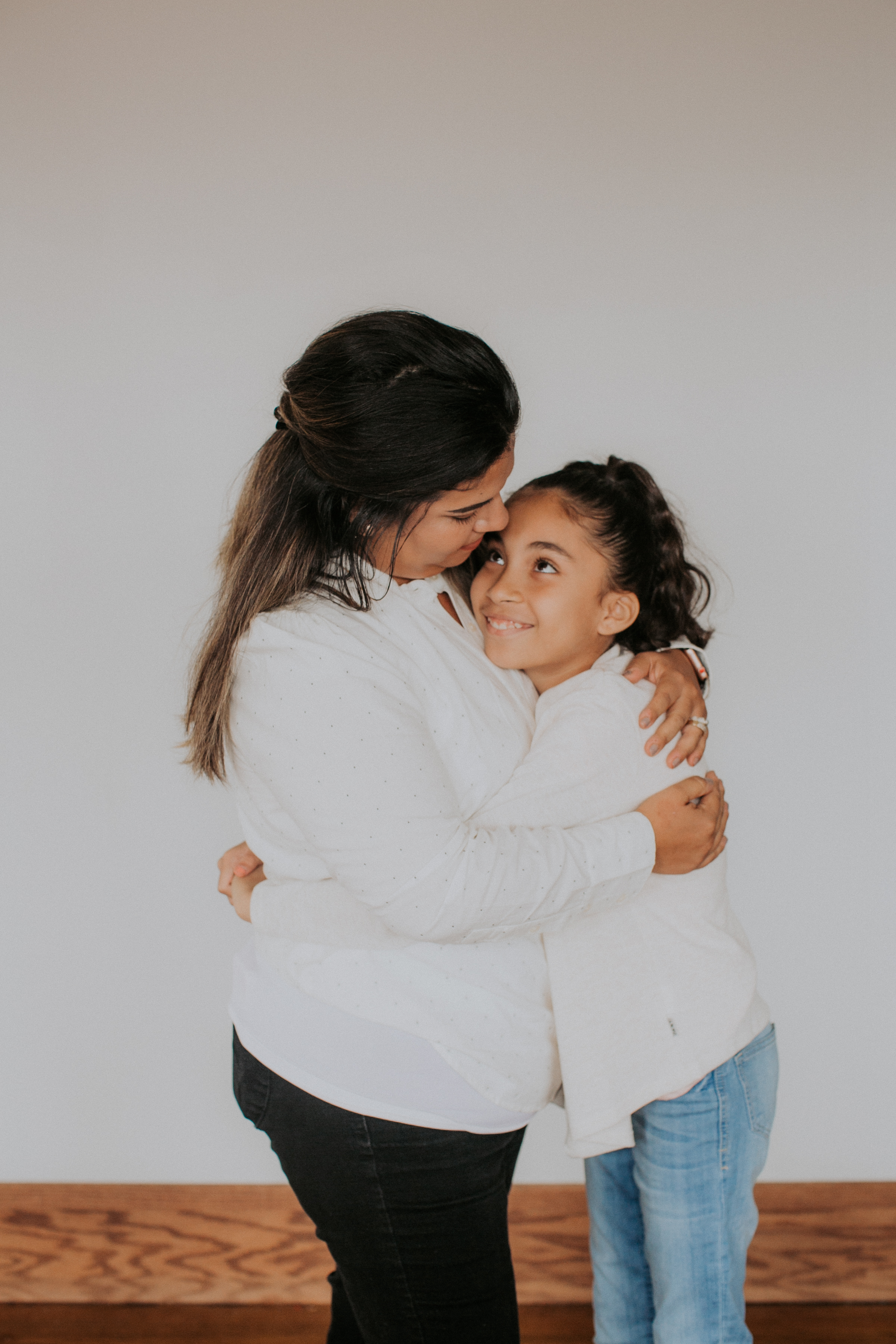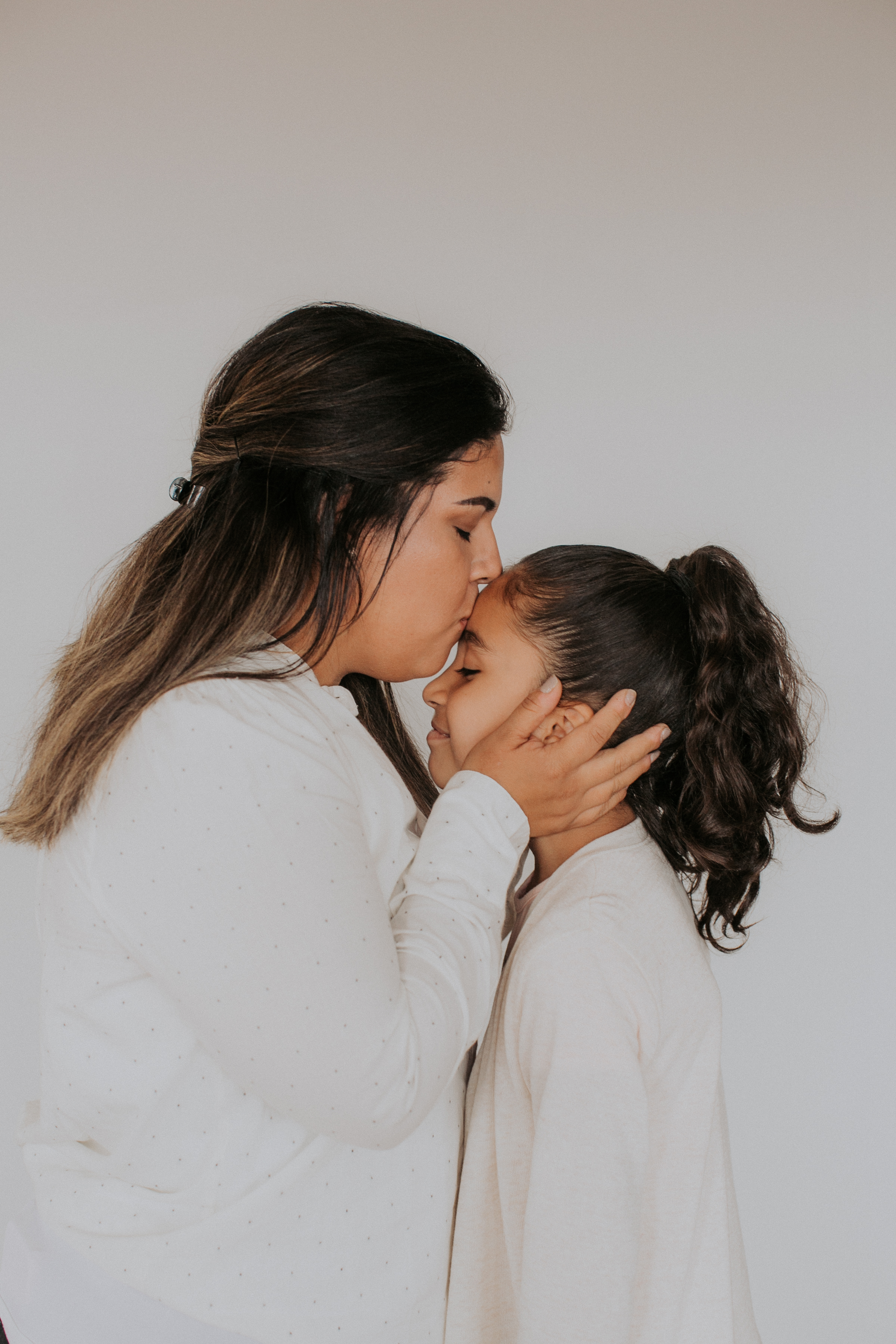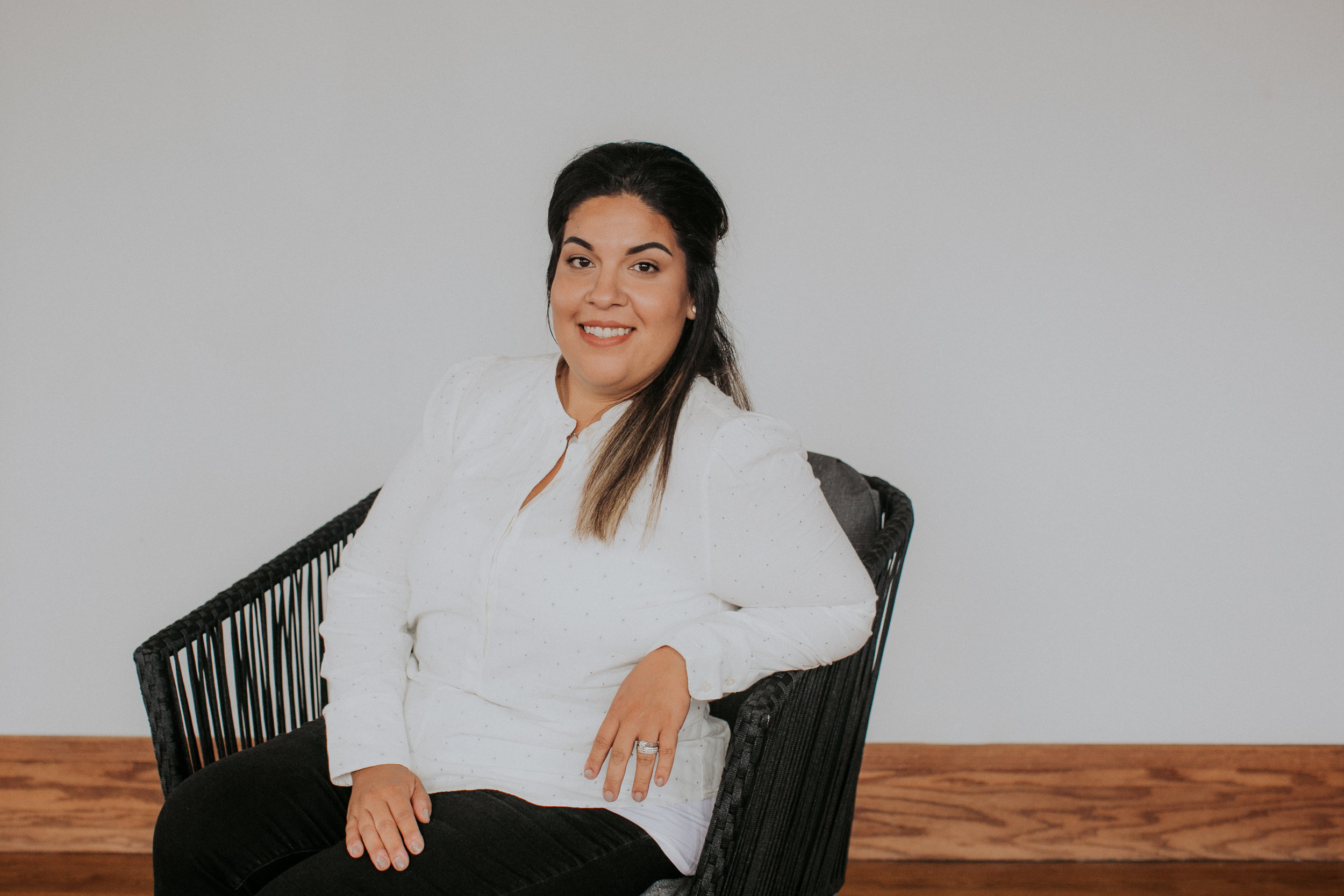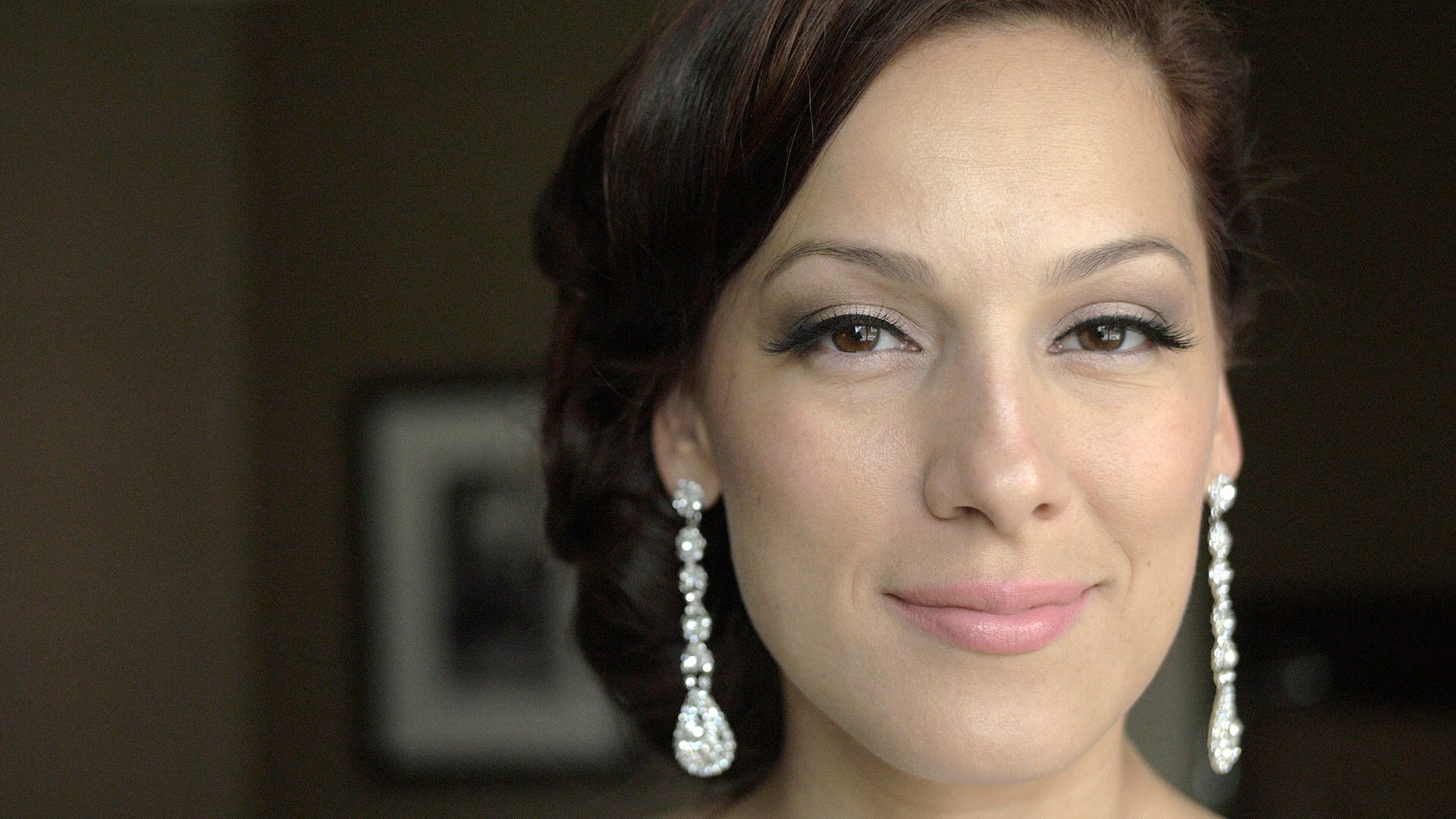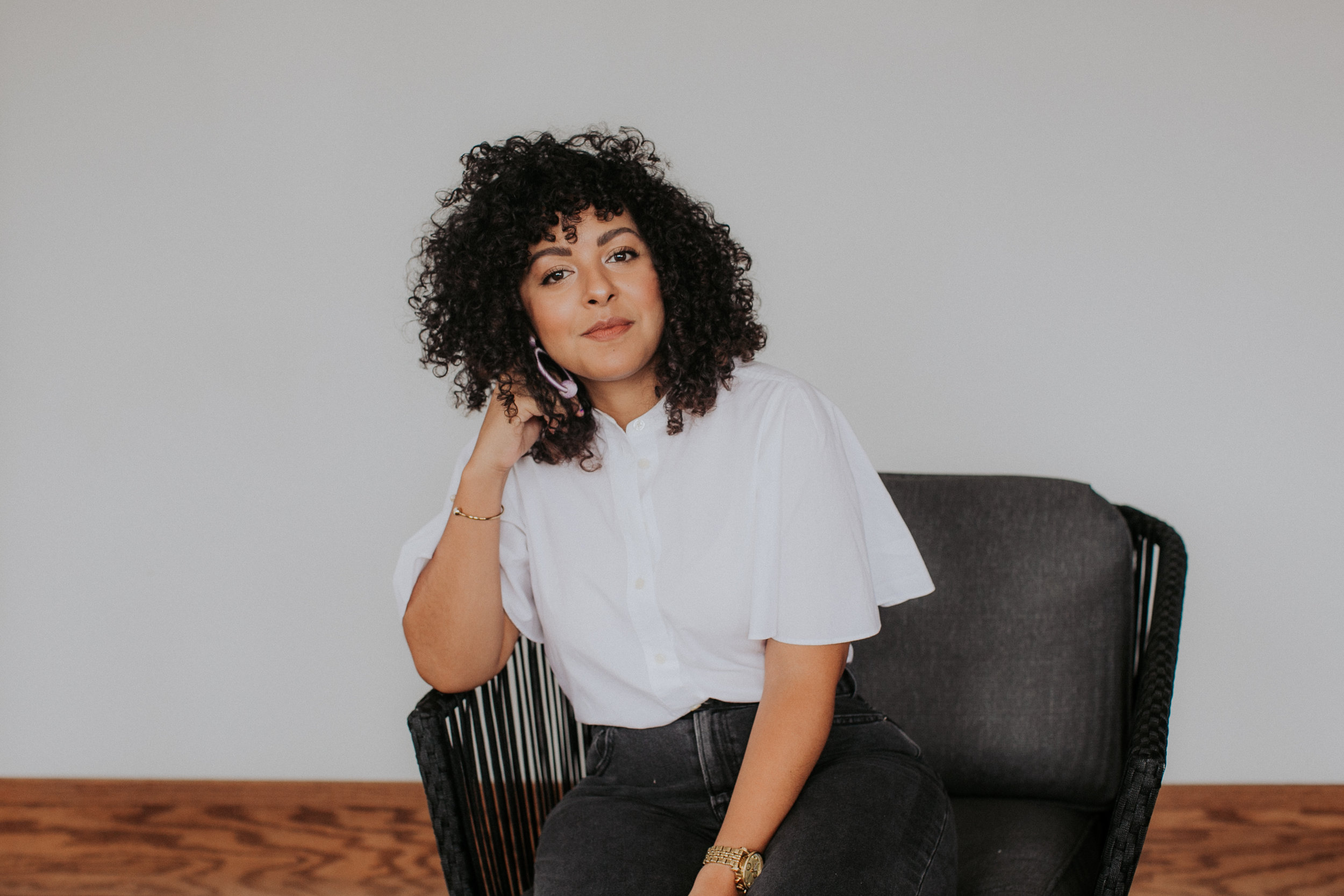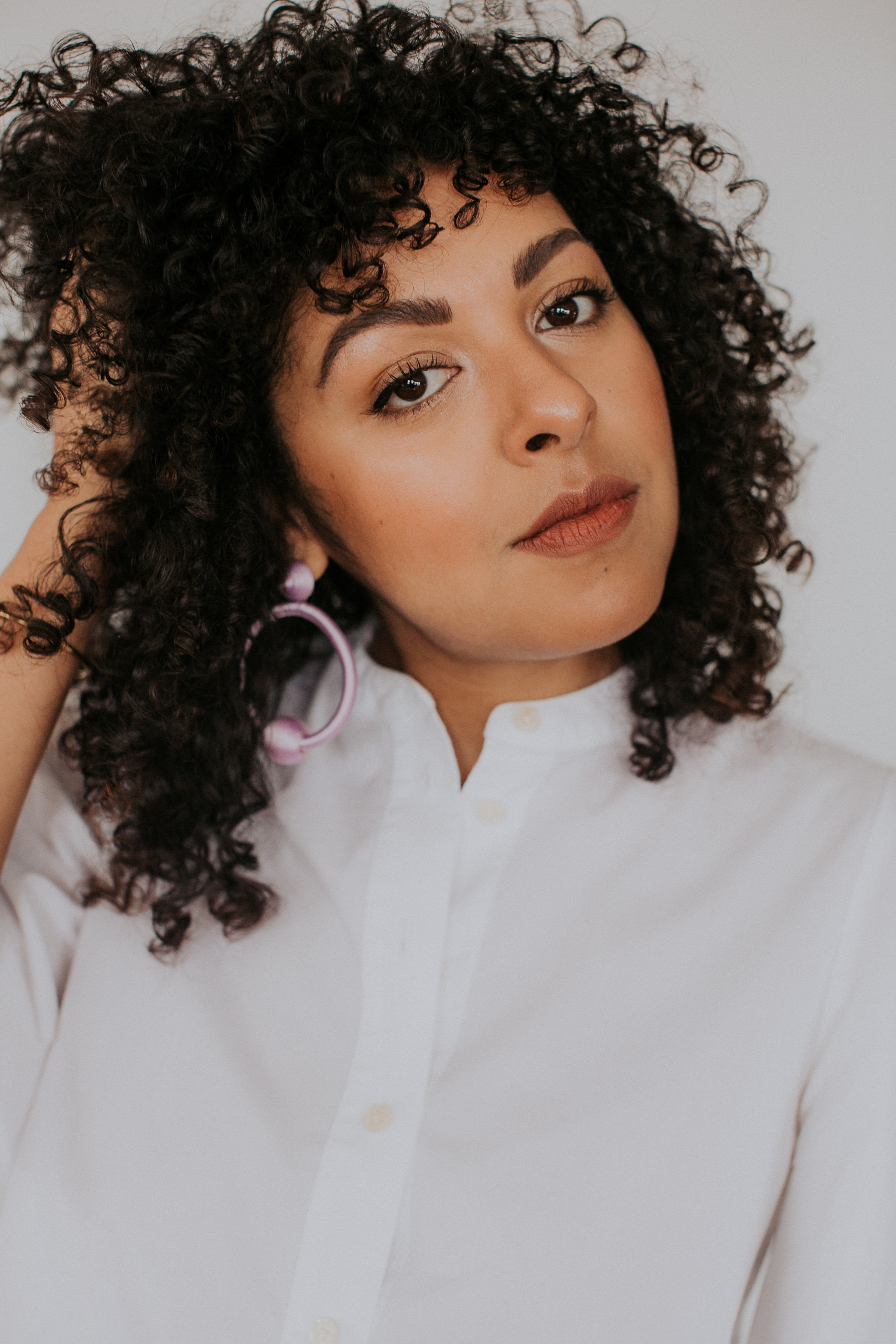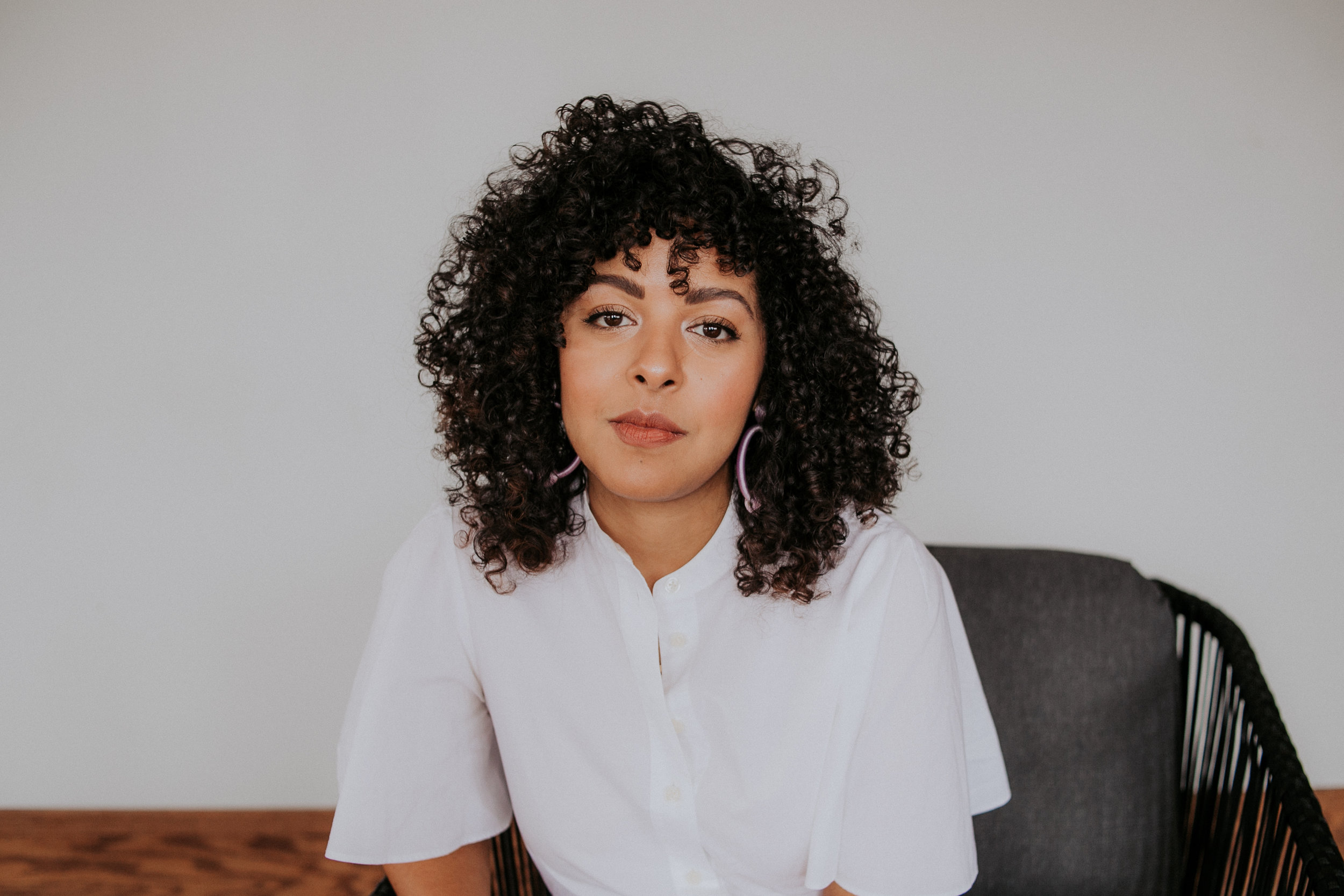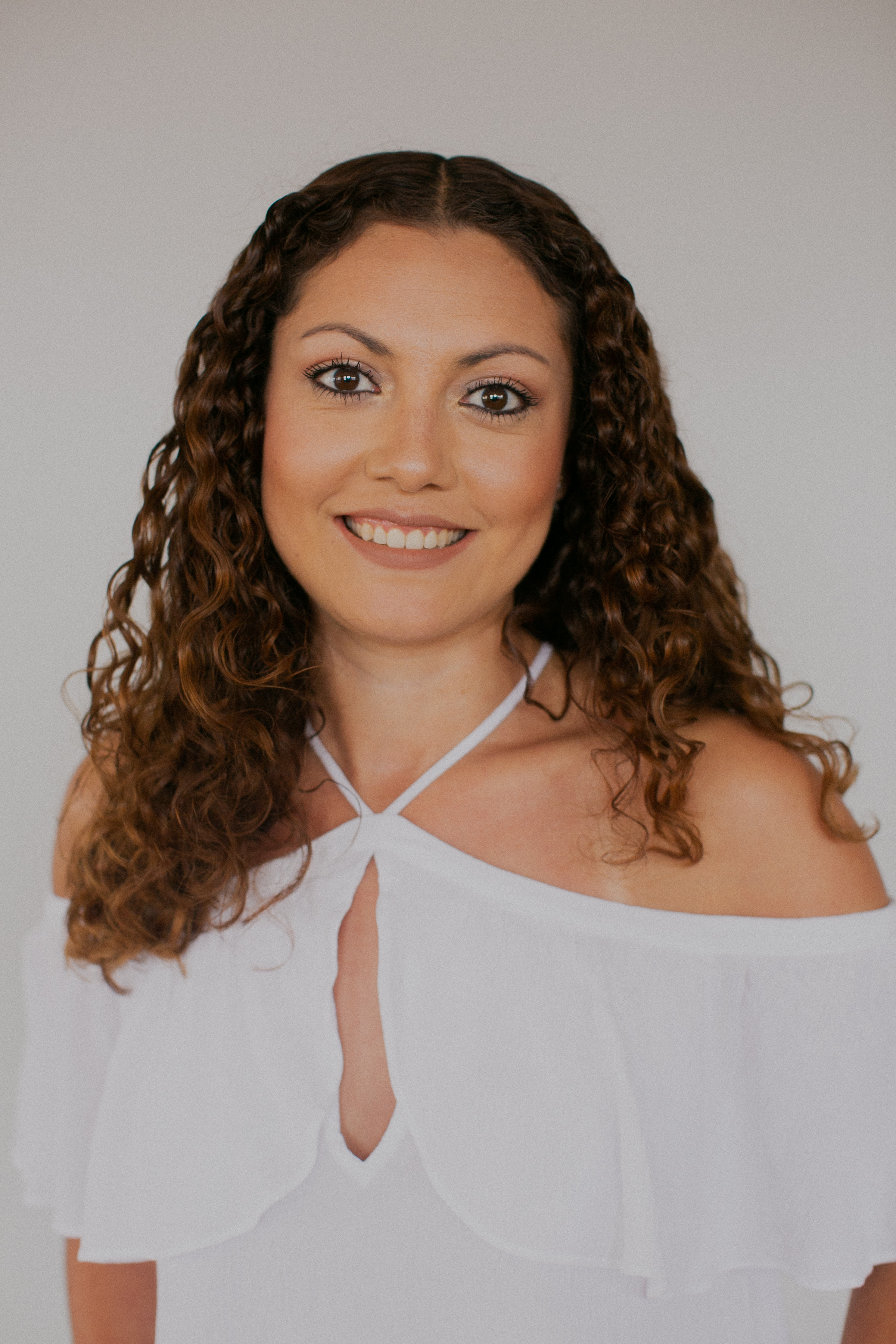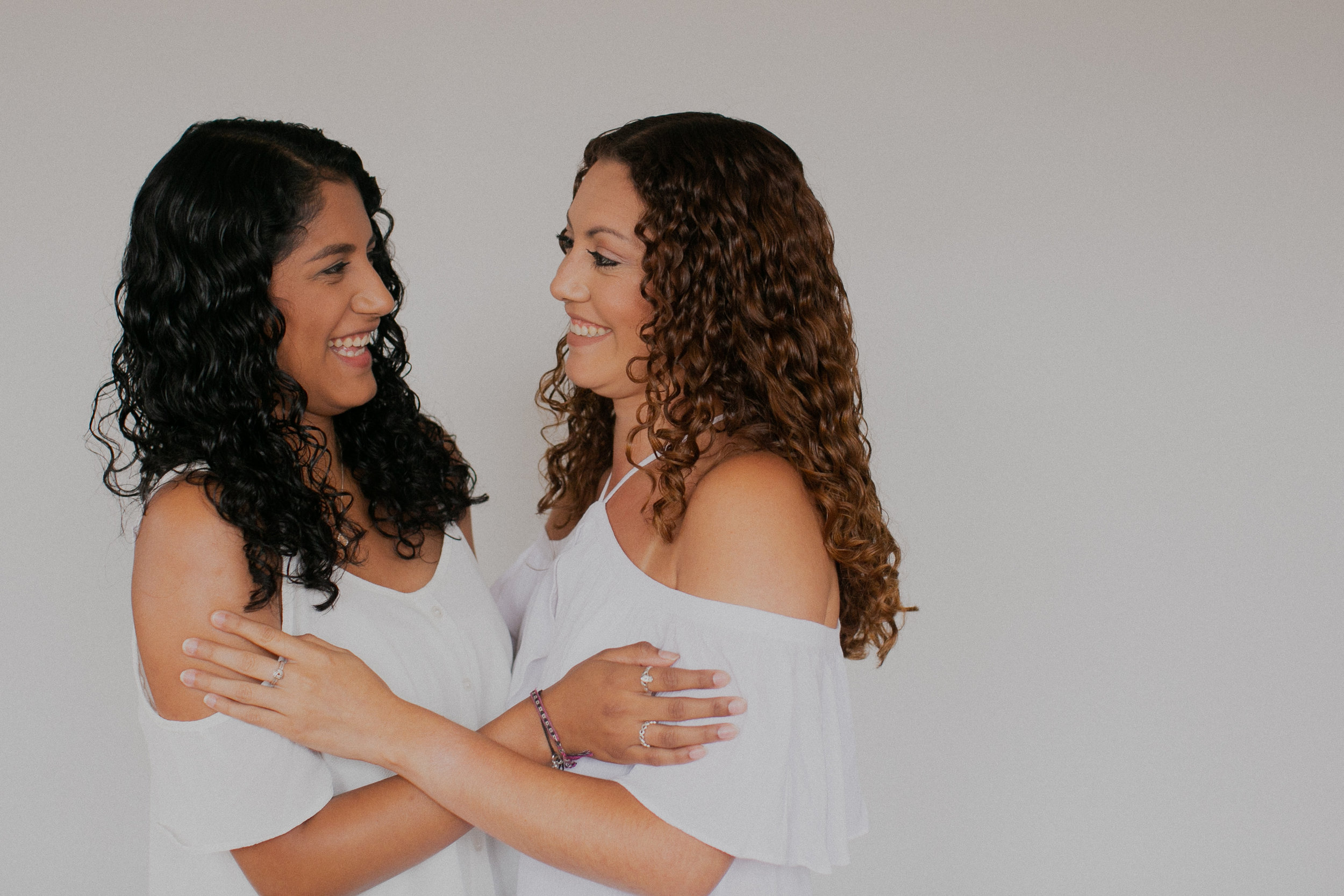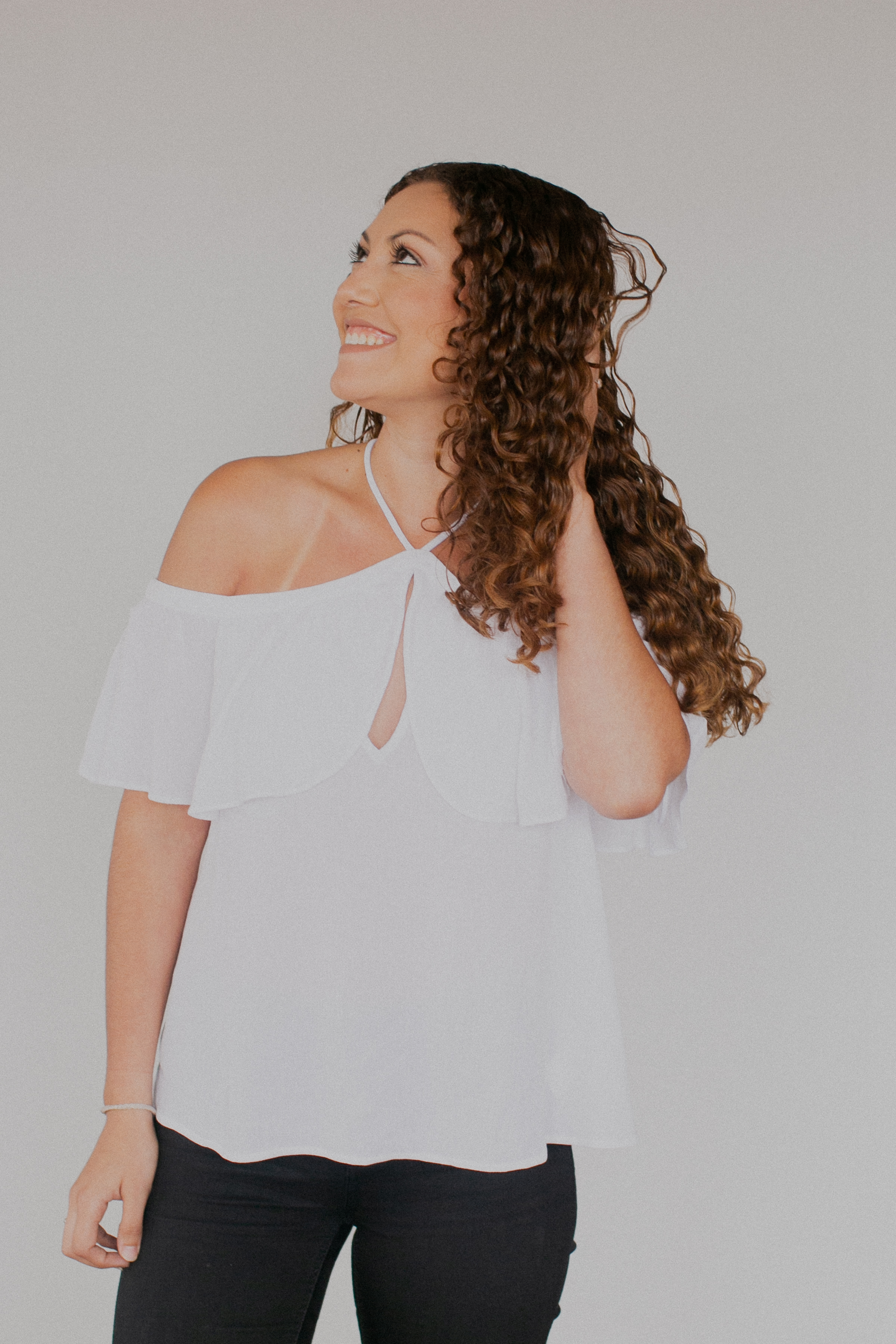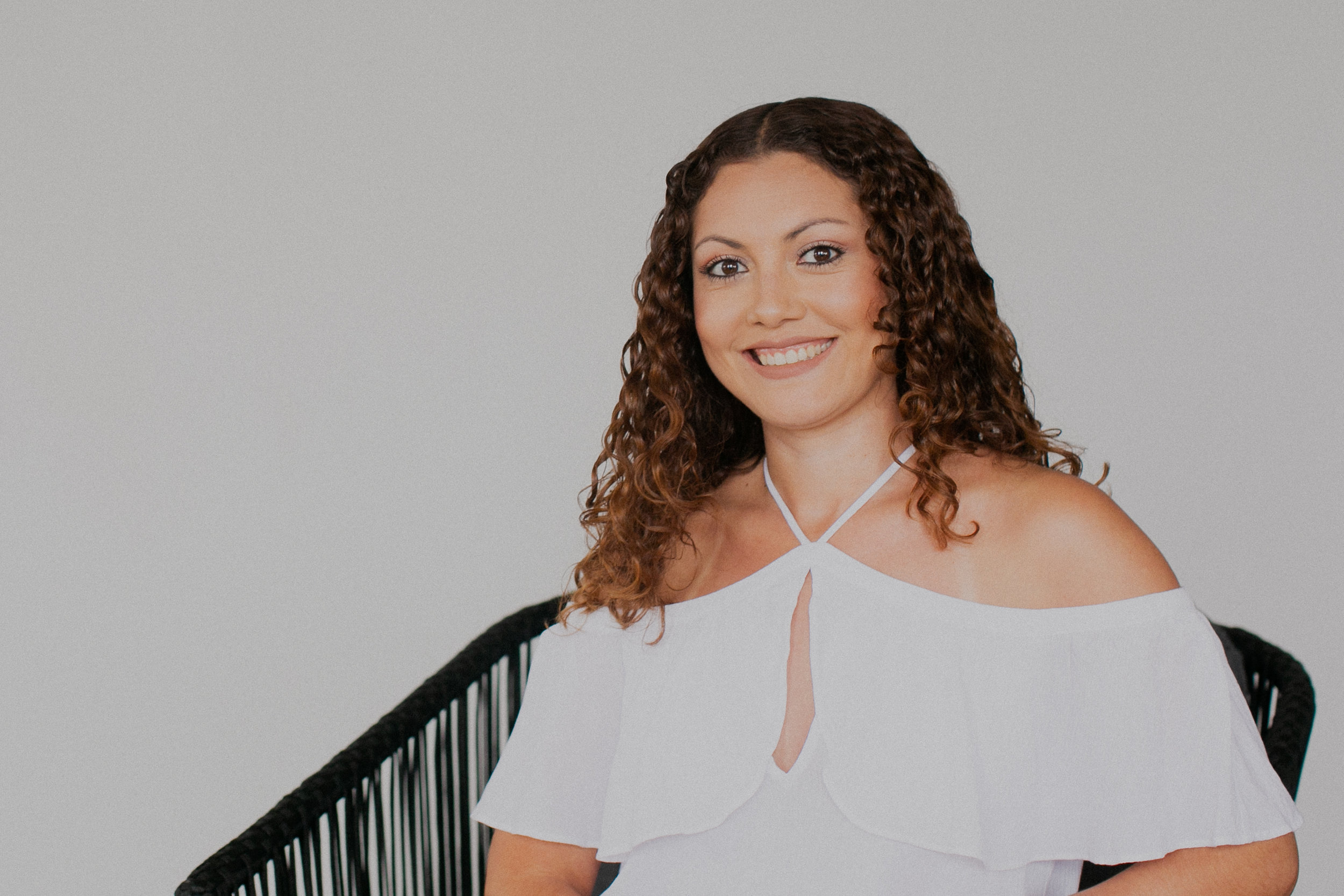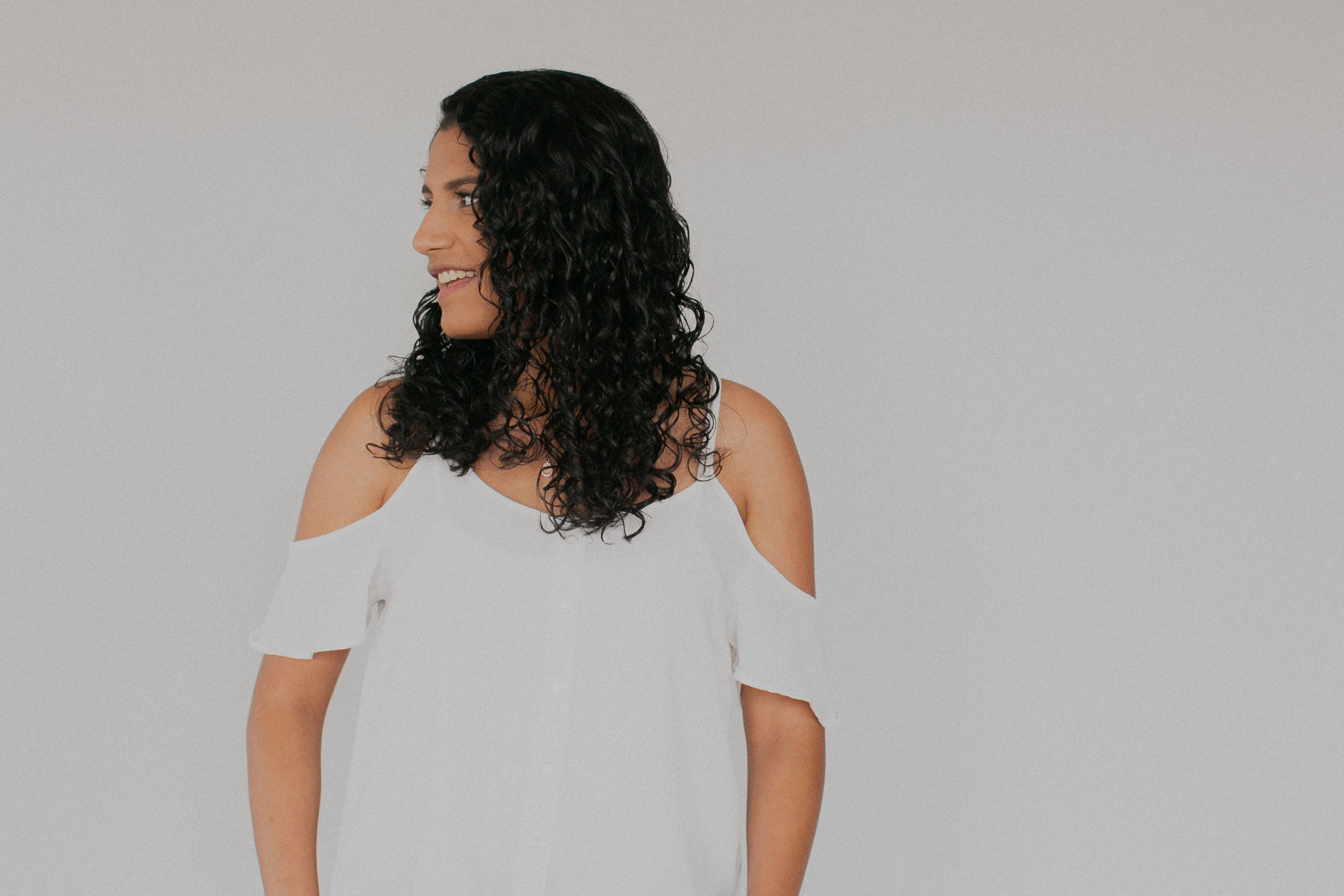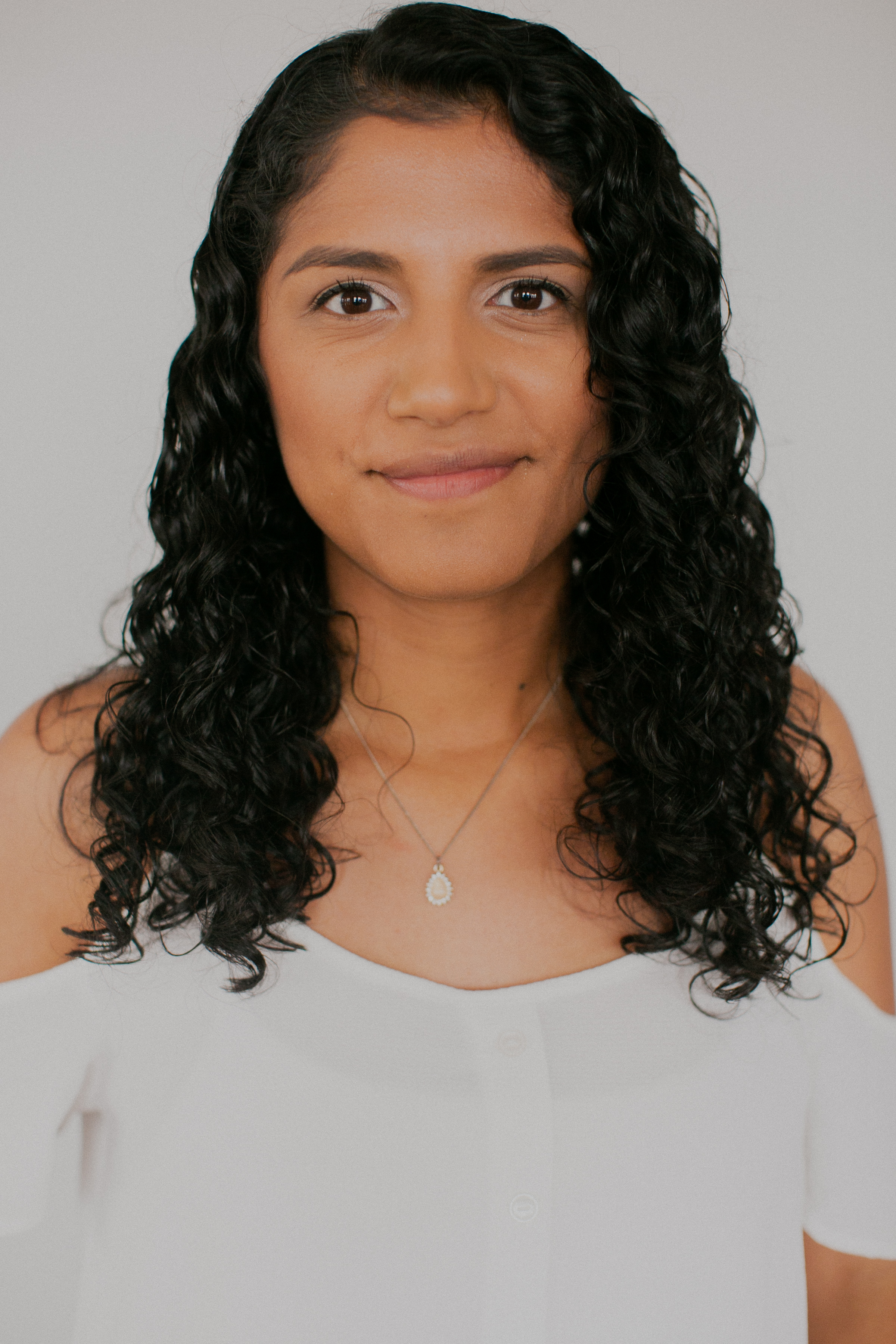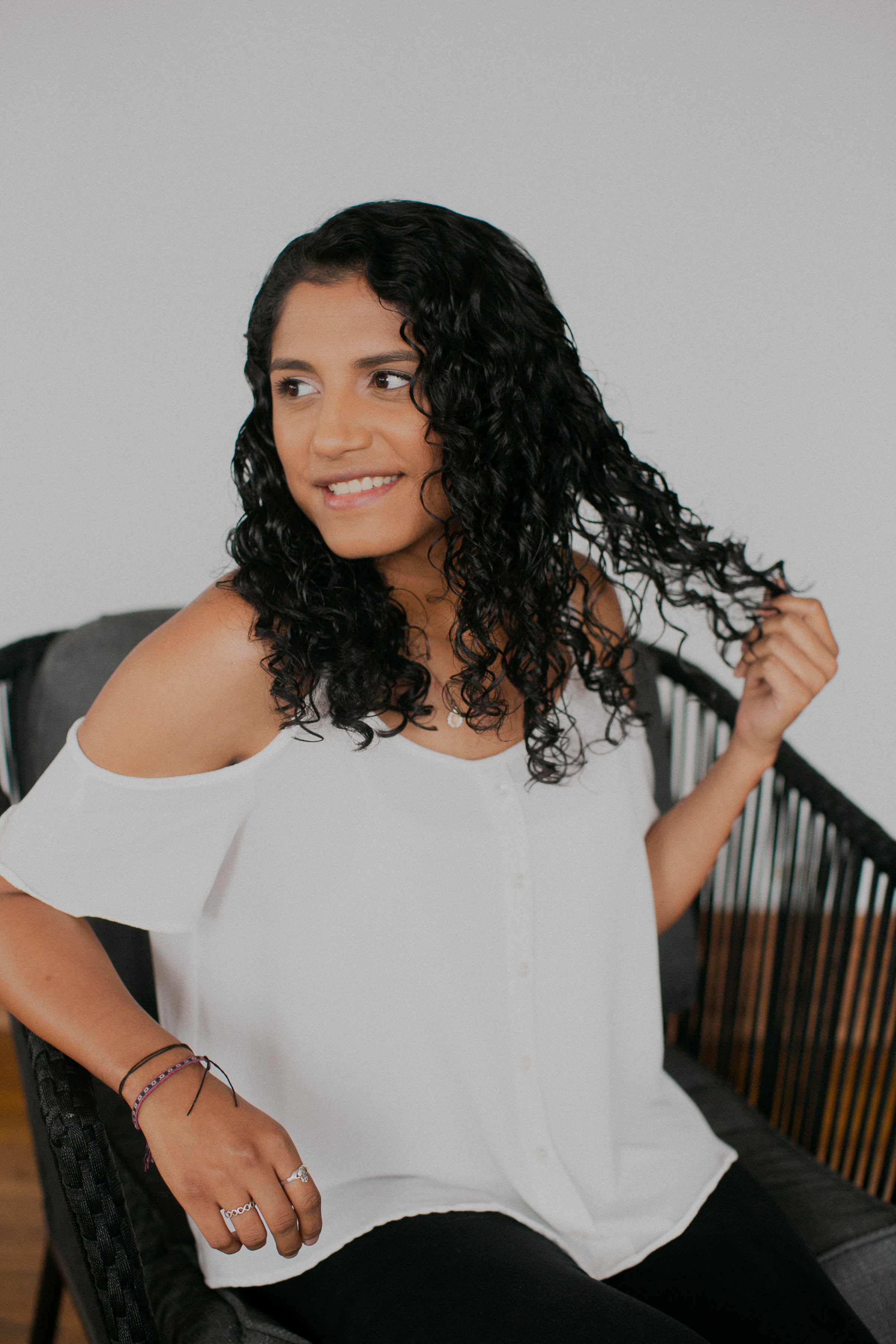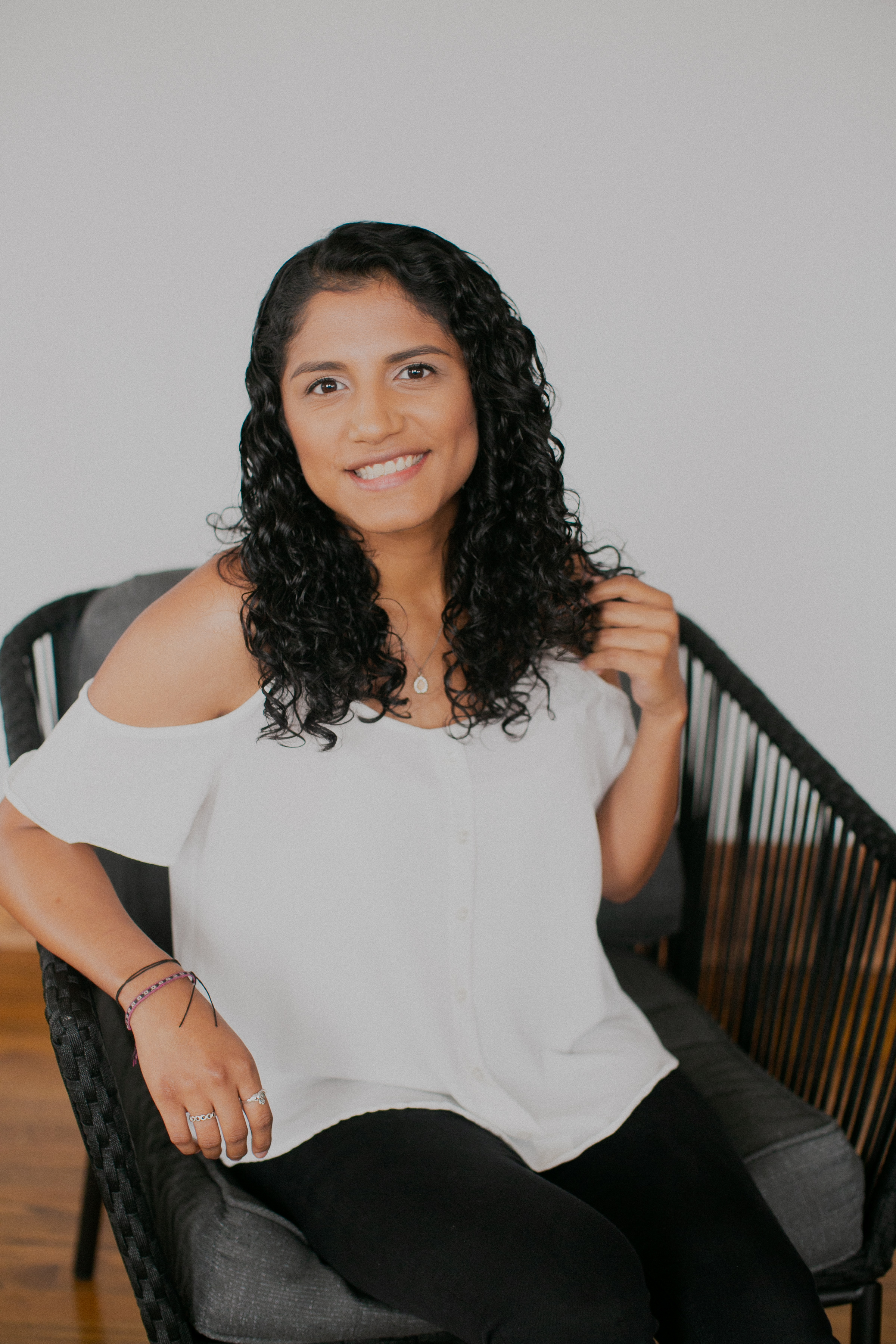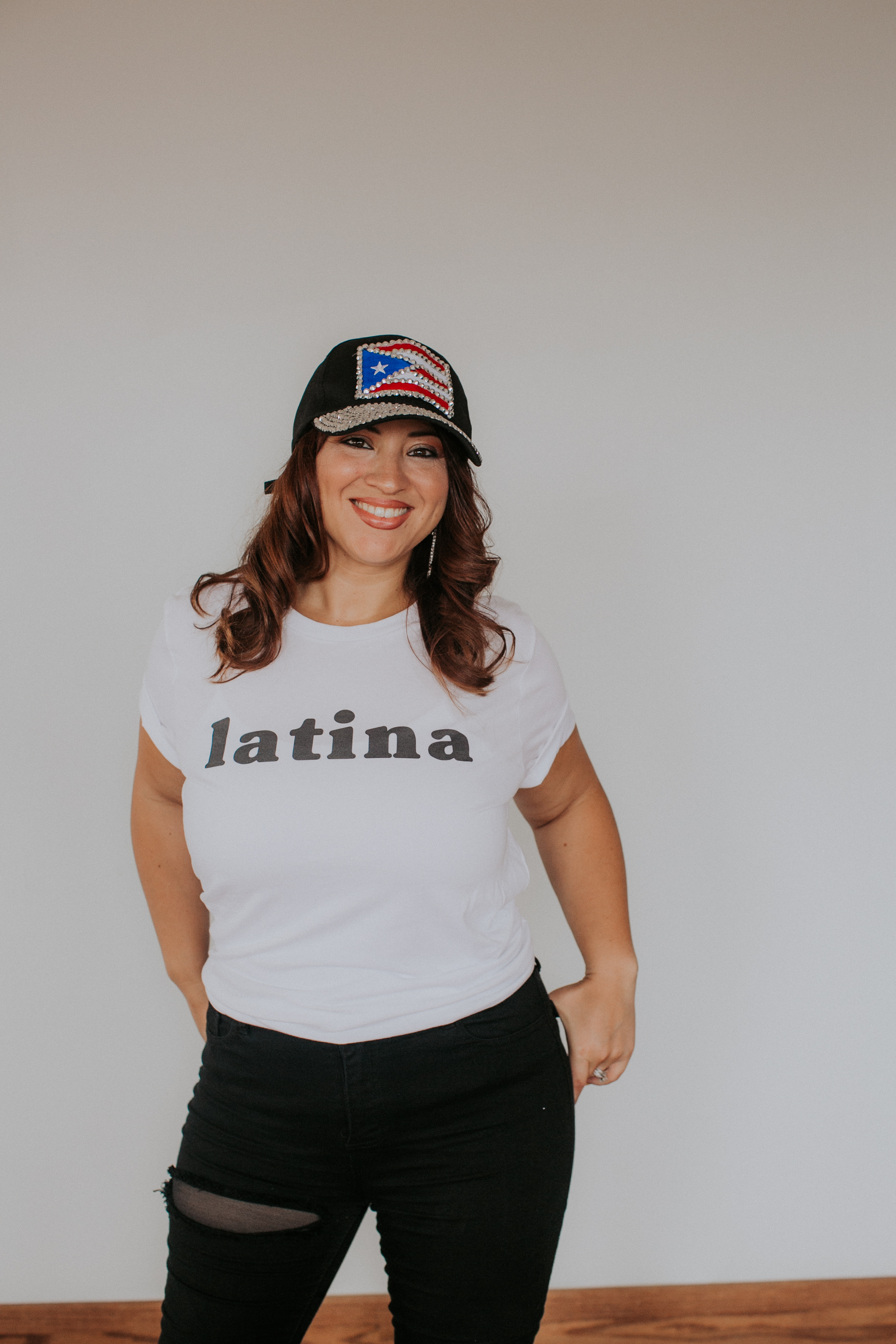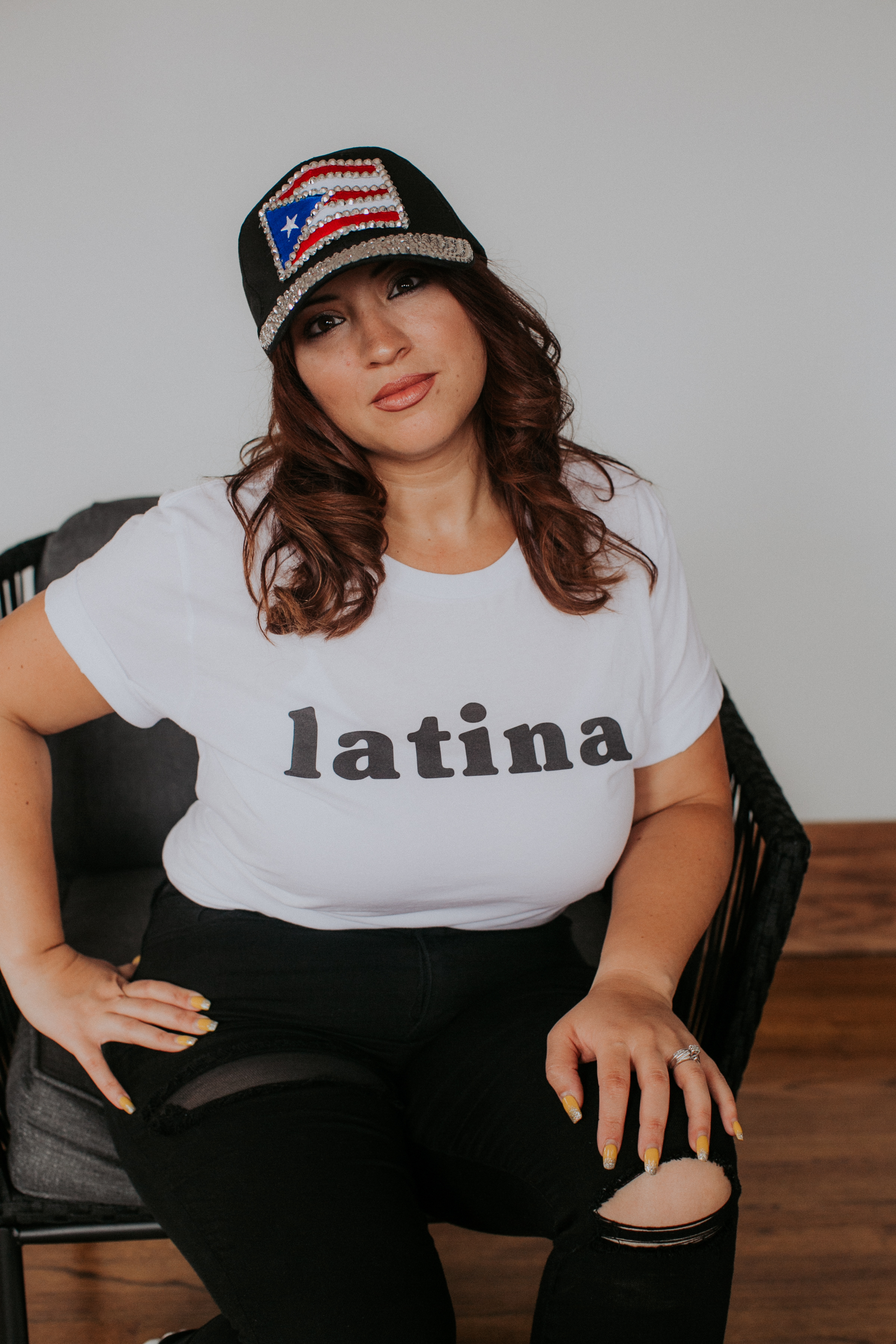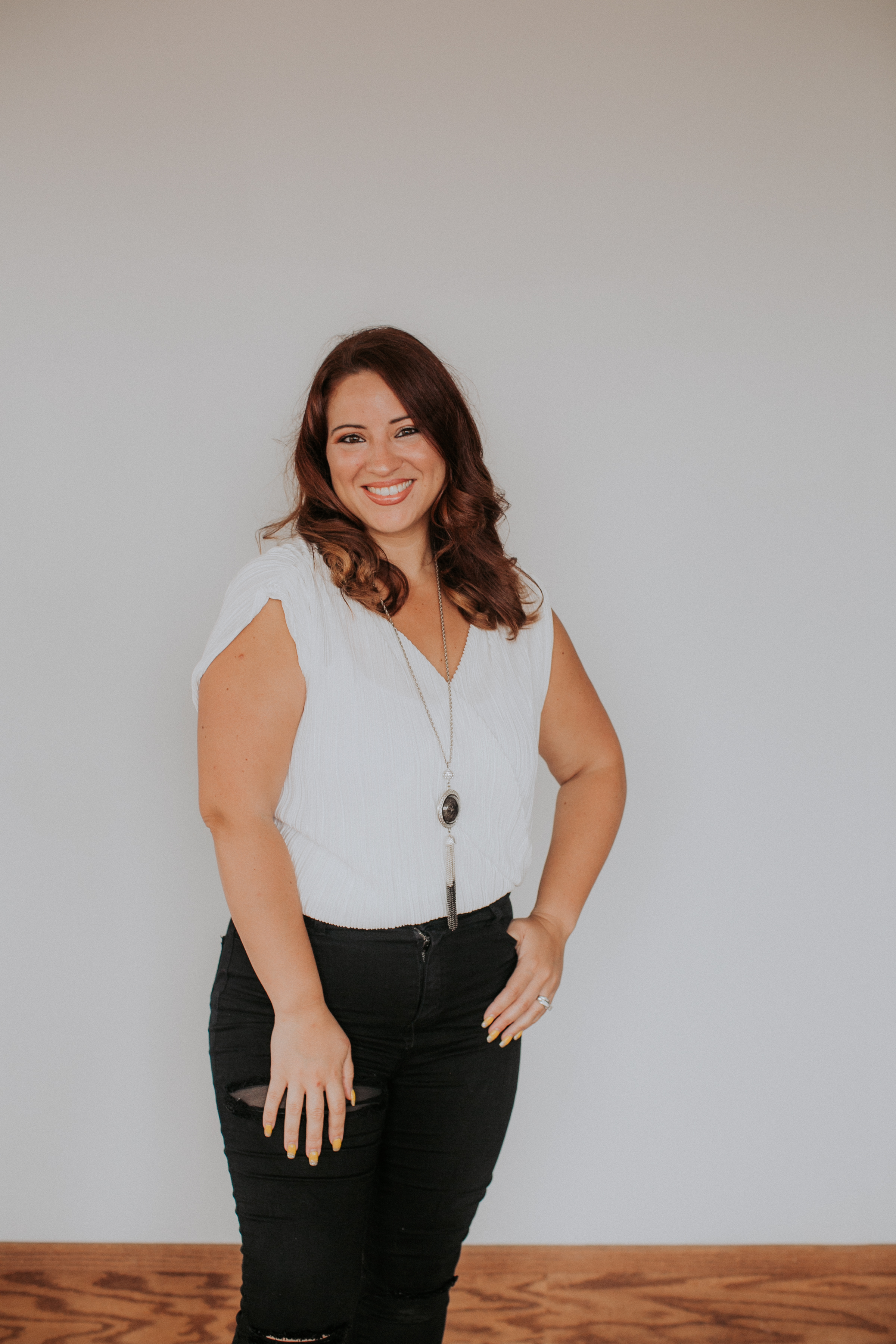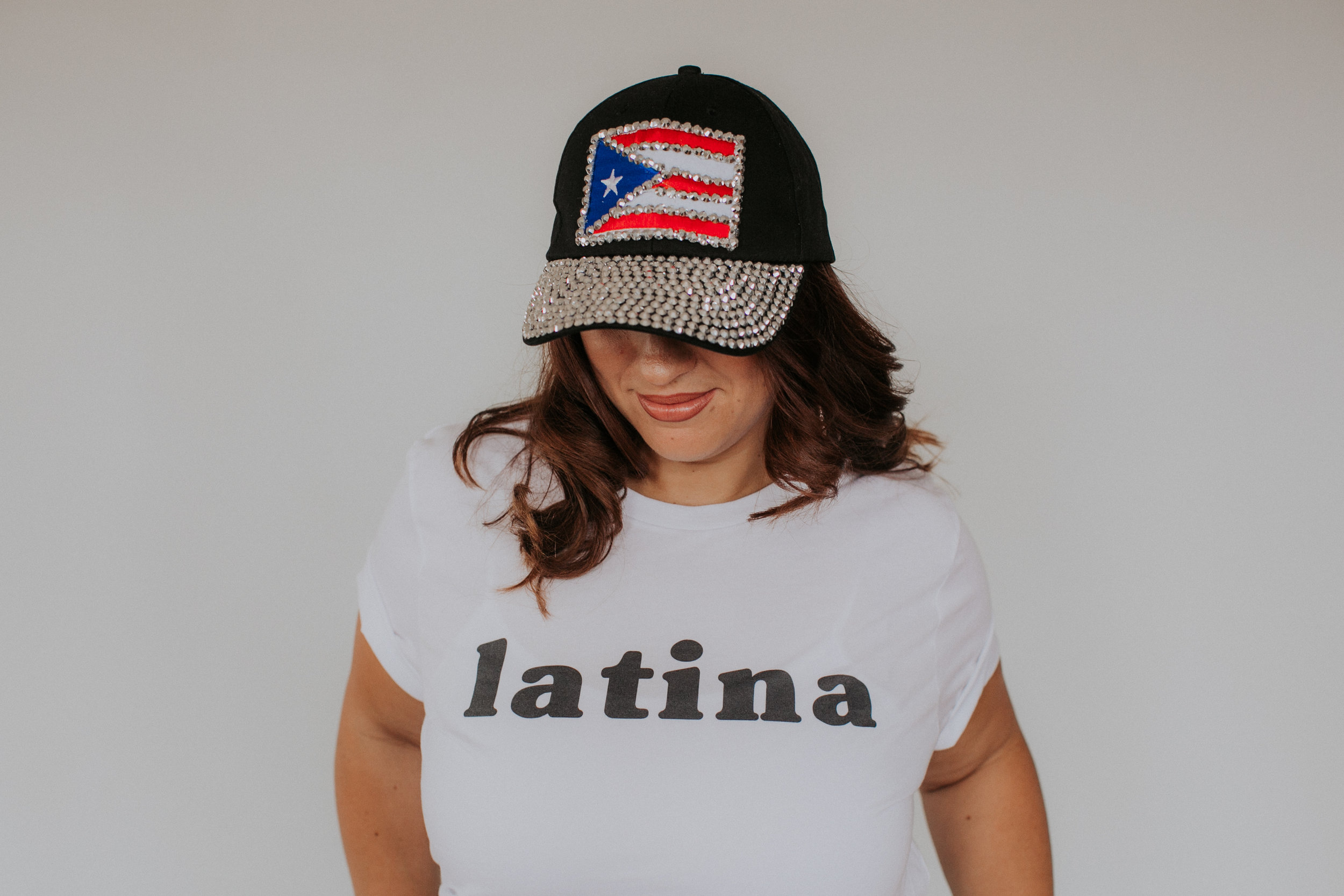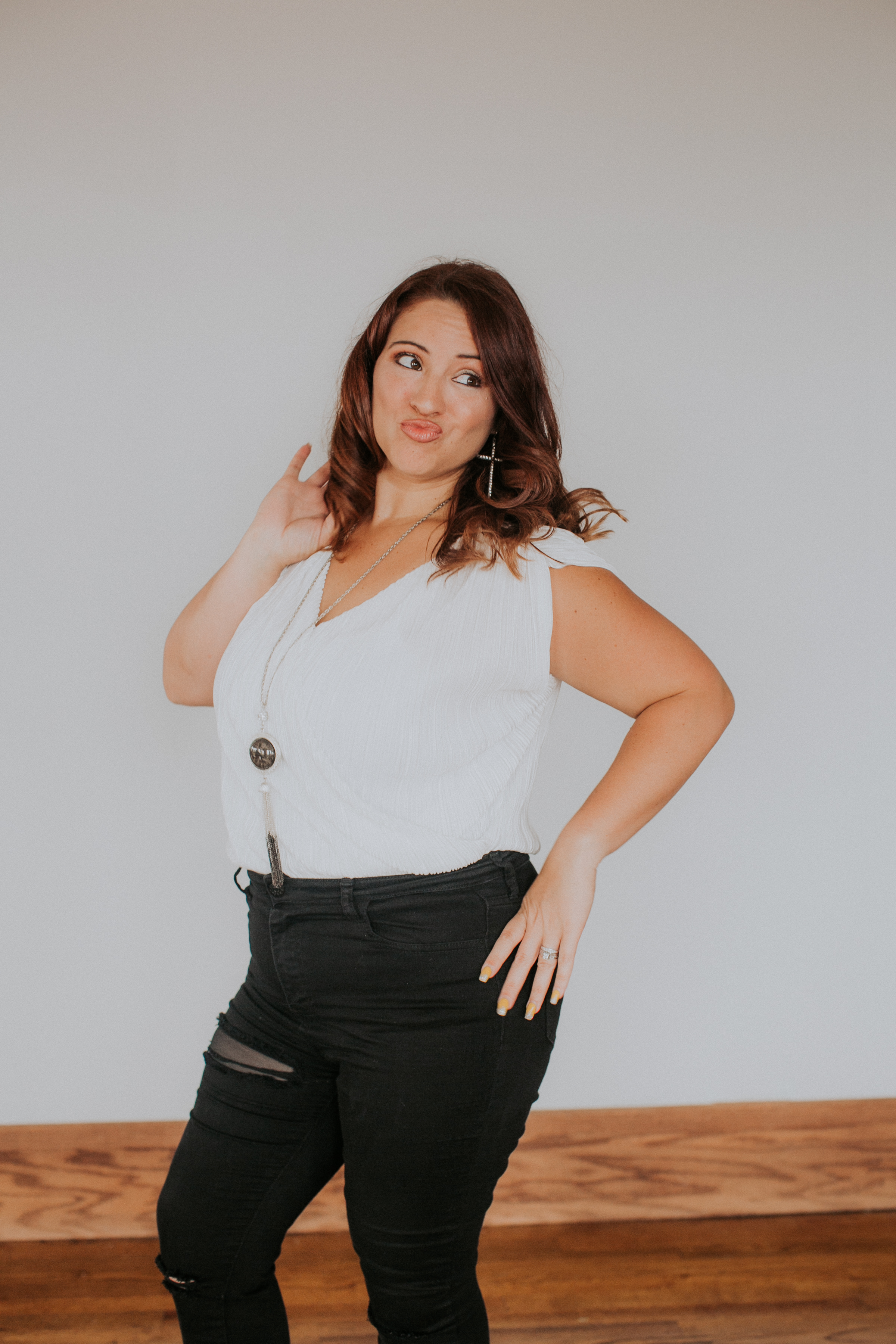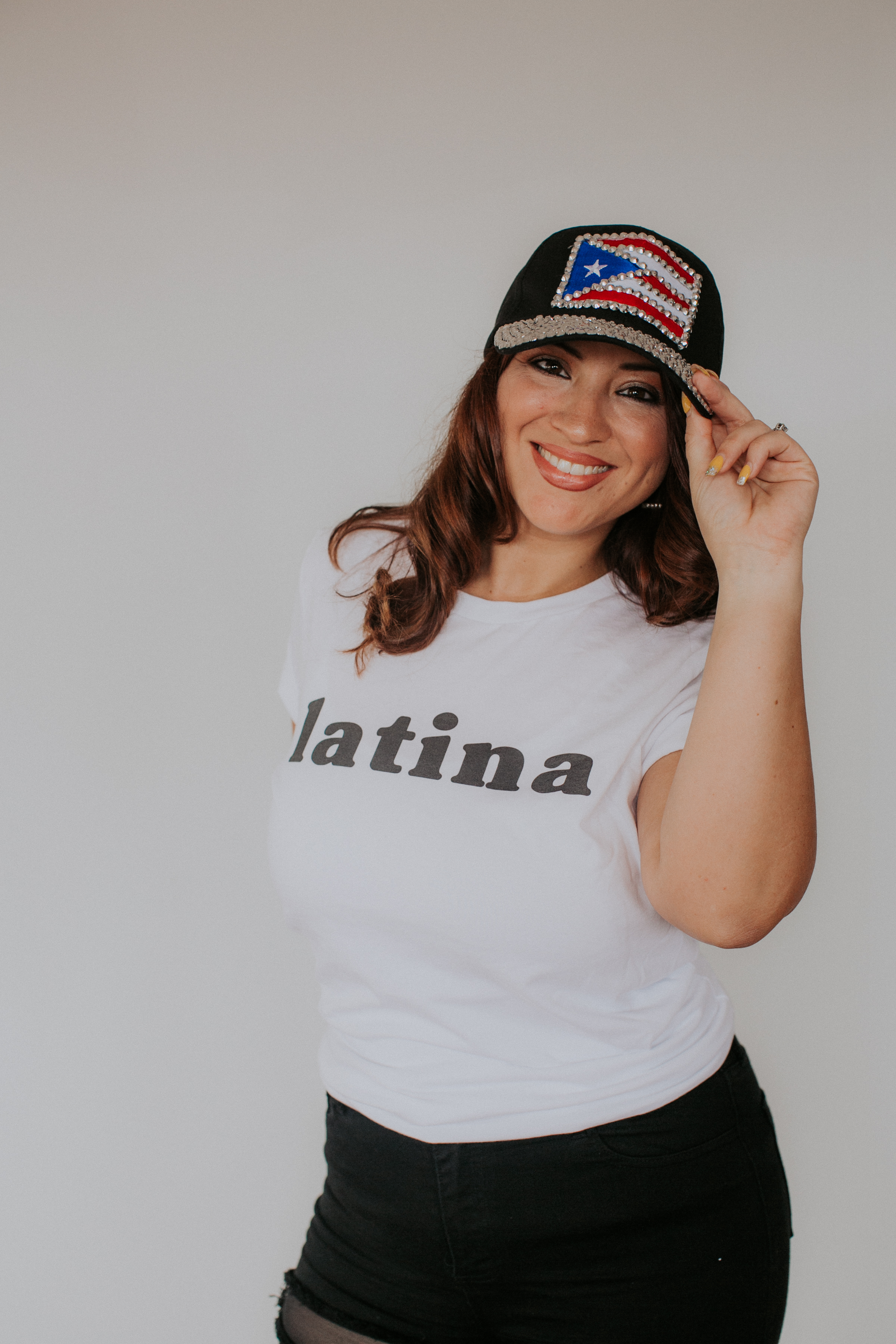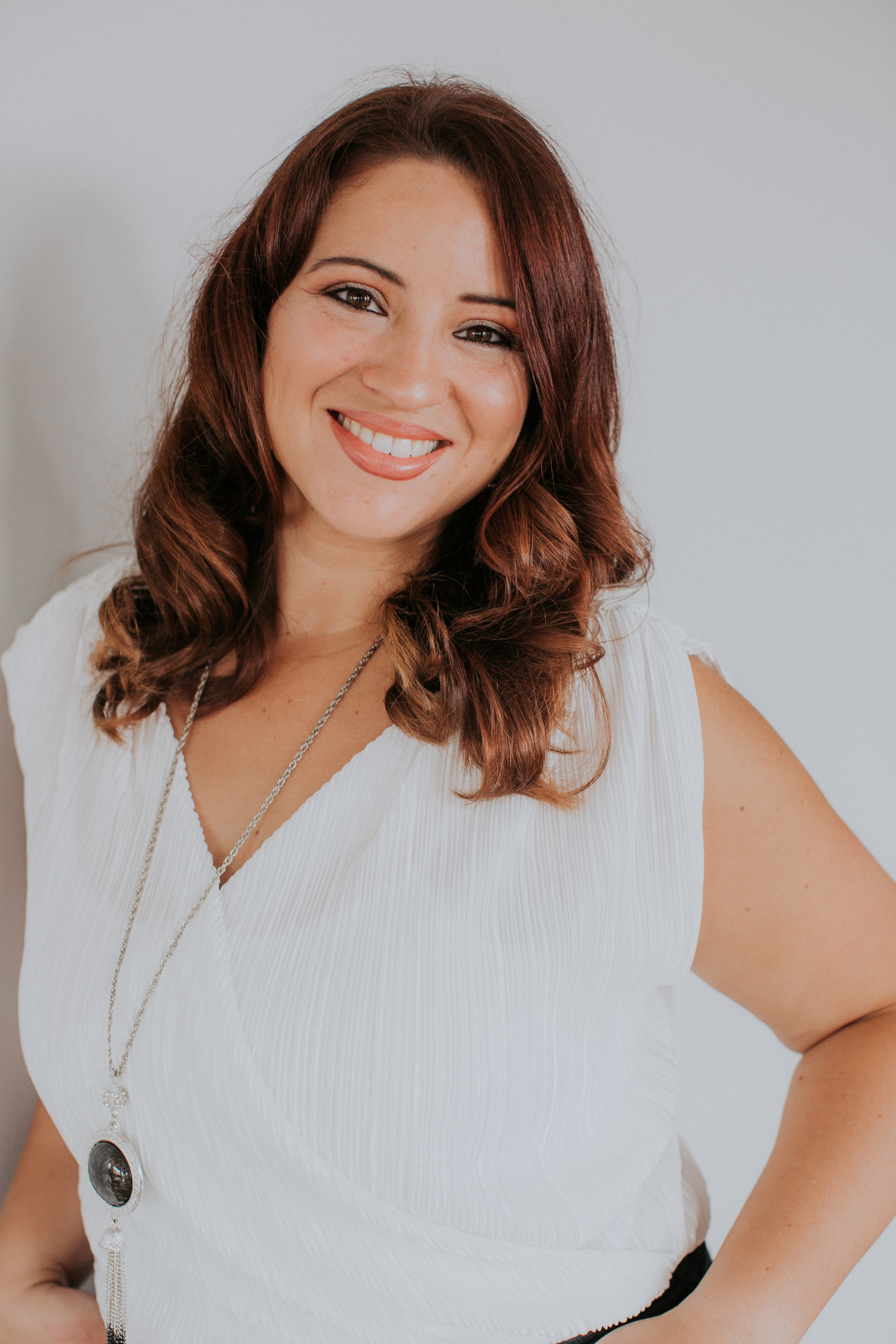What does being a Latina mean to you?
Para mi ser Latina tiene el significado de ser un ser humano lleno de creatividad, honestidad, sacrificio, inteligencia, sabor, tradición, cultura, costumbres, sazón, amor por los demás y entrega total.
No sabía de este orgulloso apellido hasta que llegué a este país.
Share a struggle you have faced being a Latina.
Todos los posibles, vivía en una burbuja en mi querido México. Allá no tenía color de piel, tenía amigos, familia, amor, hombros sobre los que llorar sin citas, visitas de amigos sin horario con espontaneidad, así como somos los latinos, siempre teniendo una mano amiga, un familiar que te echa la mano cuando lo necesitas.
Ignoraba ser una “POC”, creía que la discriminación racial eran cuentos de televisión.
Aquí vine a conocer el lado profundo de la soledad, de las lágrimas que nadie escucha ni son secadas por nadie. Esas palabras que solo puedas expresar en una relación virtual, en fotos que se comparten y que nunca demuestran la tristeza y los sufrimientos que se padecen detrás de esas sonrisas de tu familia, las que quieres guardar para siempre, a las que te aferras para no caer y tomar fuerzas.
Share something you love about being a Latina?
Ser creativa, dar sin esperar nada a cambio, mi corazón, la honestidad de mi mente y alma, aprender día a día de todos y de todo. Salir adelante no importando la circunstancia u obstáculo que se me presente.
What do you identify as? Mexicana
Where you born in the states? If not, could you share what your experience has been being an immigrant, and the process of becoming a US citizen, resident, etc.
Mi proceso ha sido, Gracias a Dios, fluido y coherente. Siempre cumpliendo con los requerimientos legales.
How have you been able to celebrate and honor your american nationality, while embracing your heritage and culture?
Creo que el rechazo de todos los trabajos a los que he aplicado (solo llevo 4 años aquí, mis estudios son en México) me han hecho sacar la casta. No me canso de hacer lo que sea. He donado mi talento en las artes gráficas a algunas asociaciones sin fines de lucro, sé tejer crochet vendiendo en ferias, hago joyería en piel y con piedras preciosas. Nada me detiene. Ahora pertenezco a un grupo de Mamis Latinas donde comparto mi conocimiento y mi talento, pero la mejor parte es que aprendo mucho de ellas.
Do you speak spanish? Yes, fluently.
Have you experienced colorism, or not being fully accepted by your community? Like you're too dark, or too white, etc.
Si, mis hijas fueron rechazadas por los vecinos de nuestro condominio, tengo una beba de 2 años y les molesta que sus pasitos correlones hagan ruido. Nos insultaron y llamaron a la policía también.
Tantas historias que escribiría todo un libro.
Is there something else you'd like to say or add?:
Leí sobre ustedes y no cabe duda que la mano de Dios nuestro Señor está con ustedes. Me encanta encontrar personas así “Latinísimas”.


